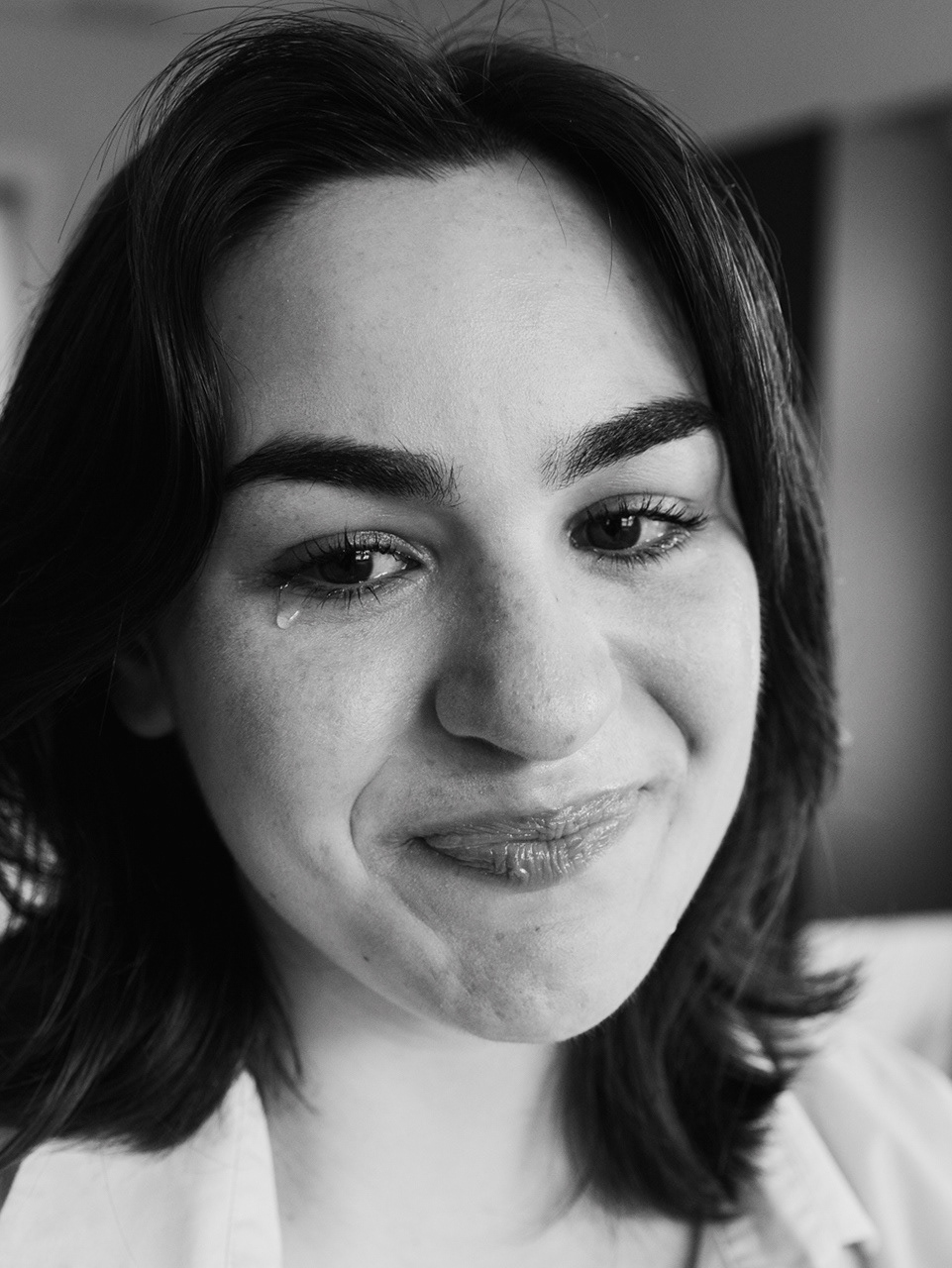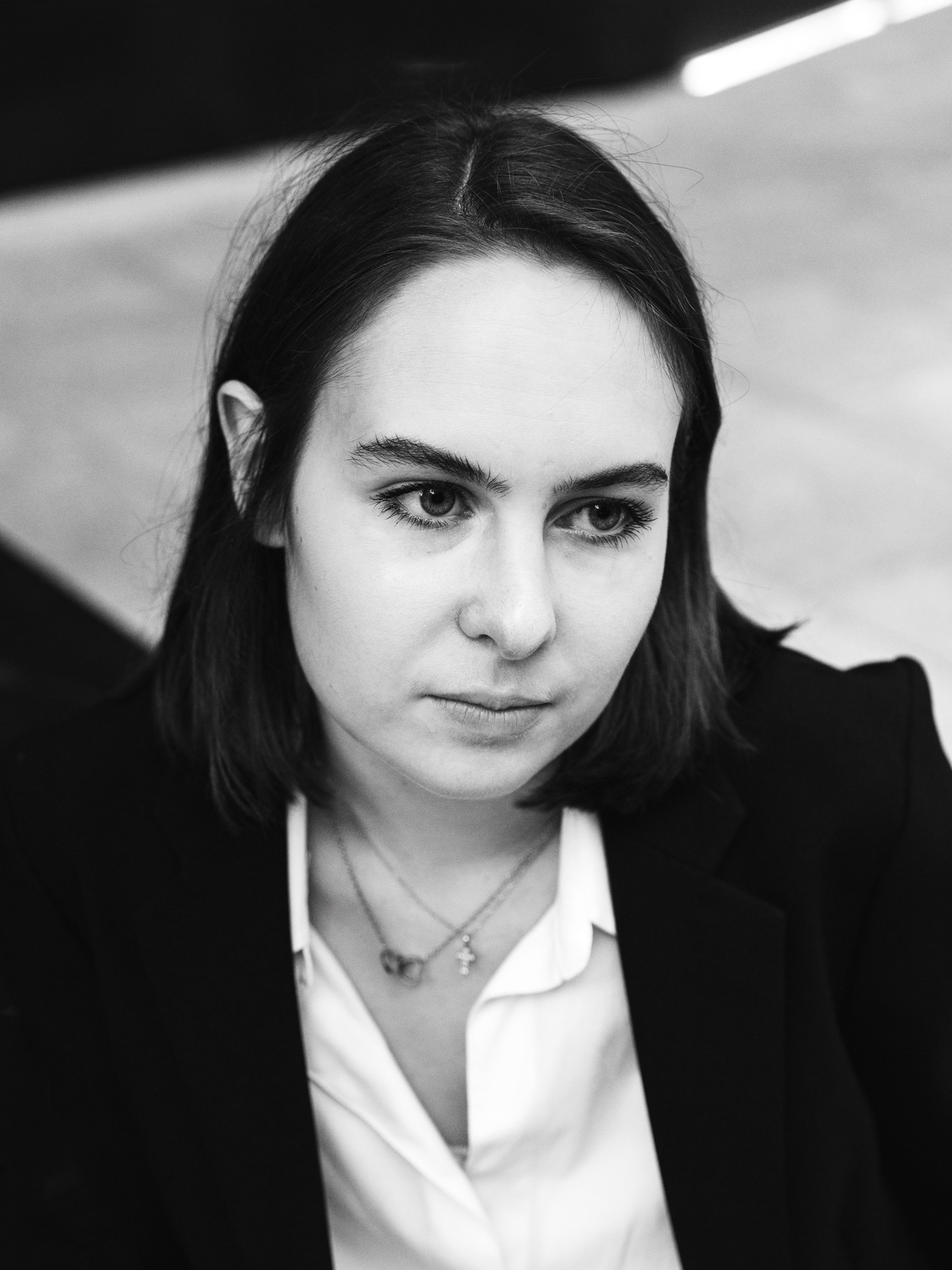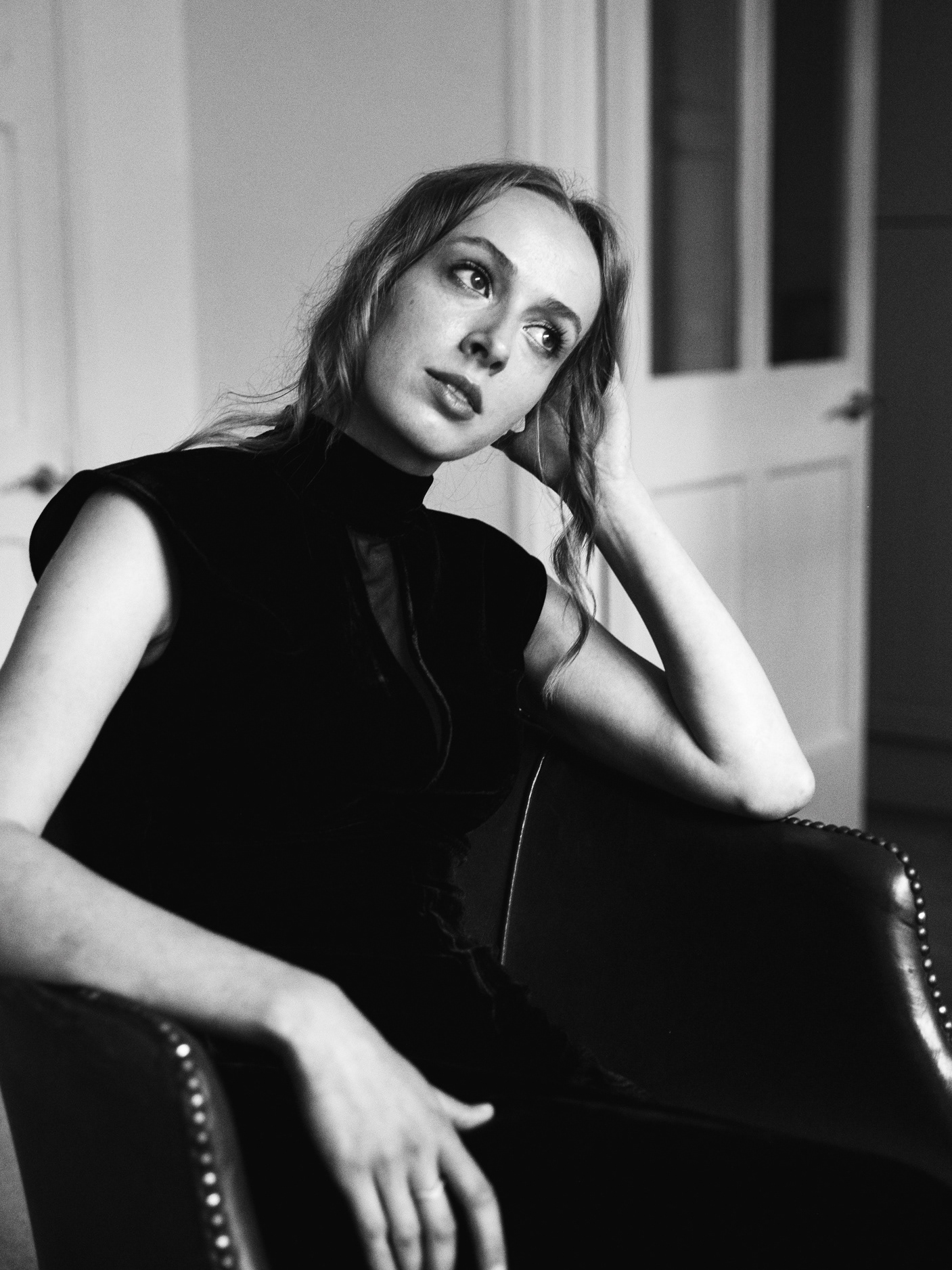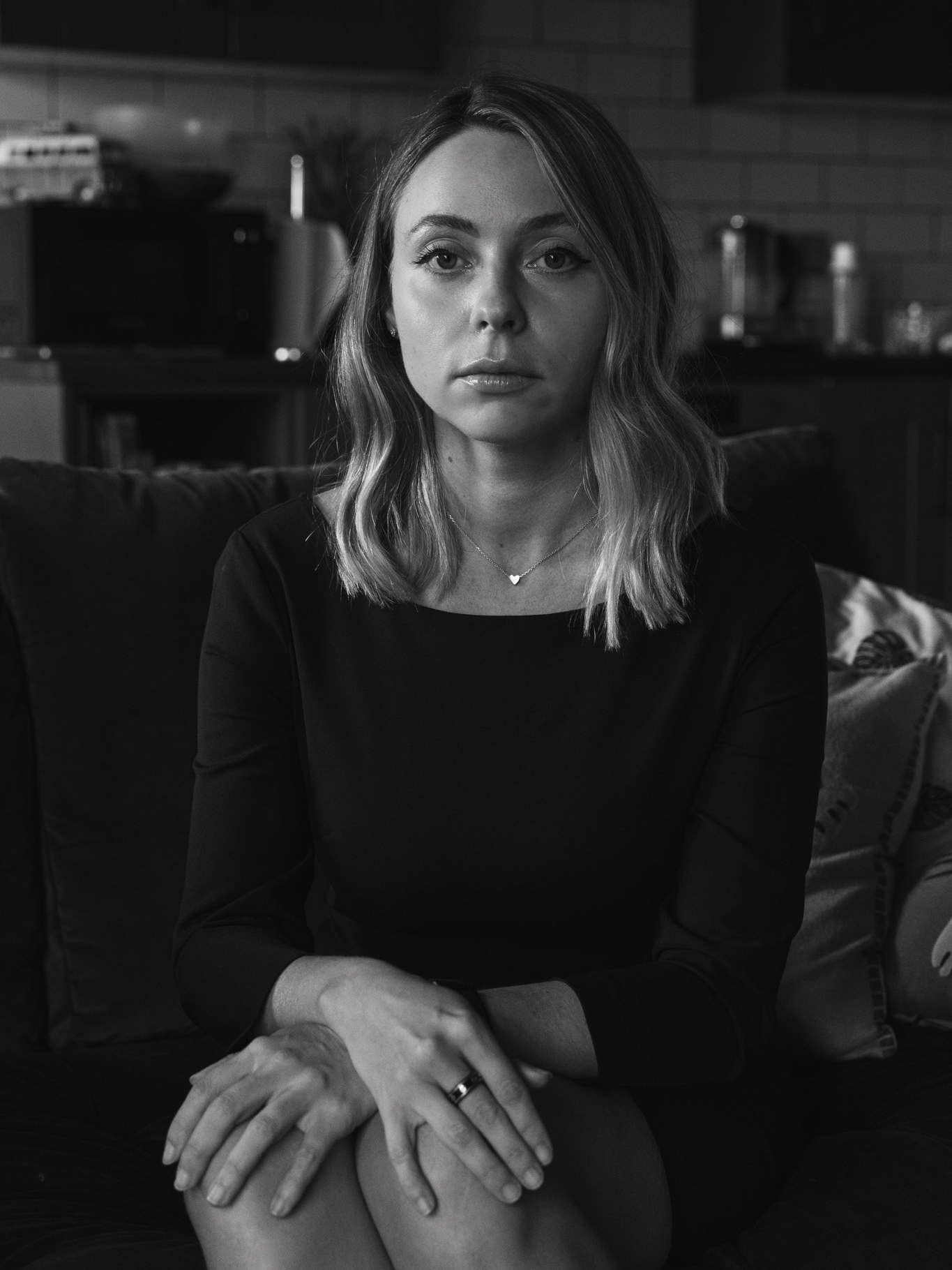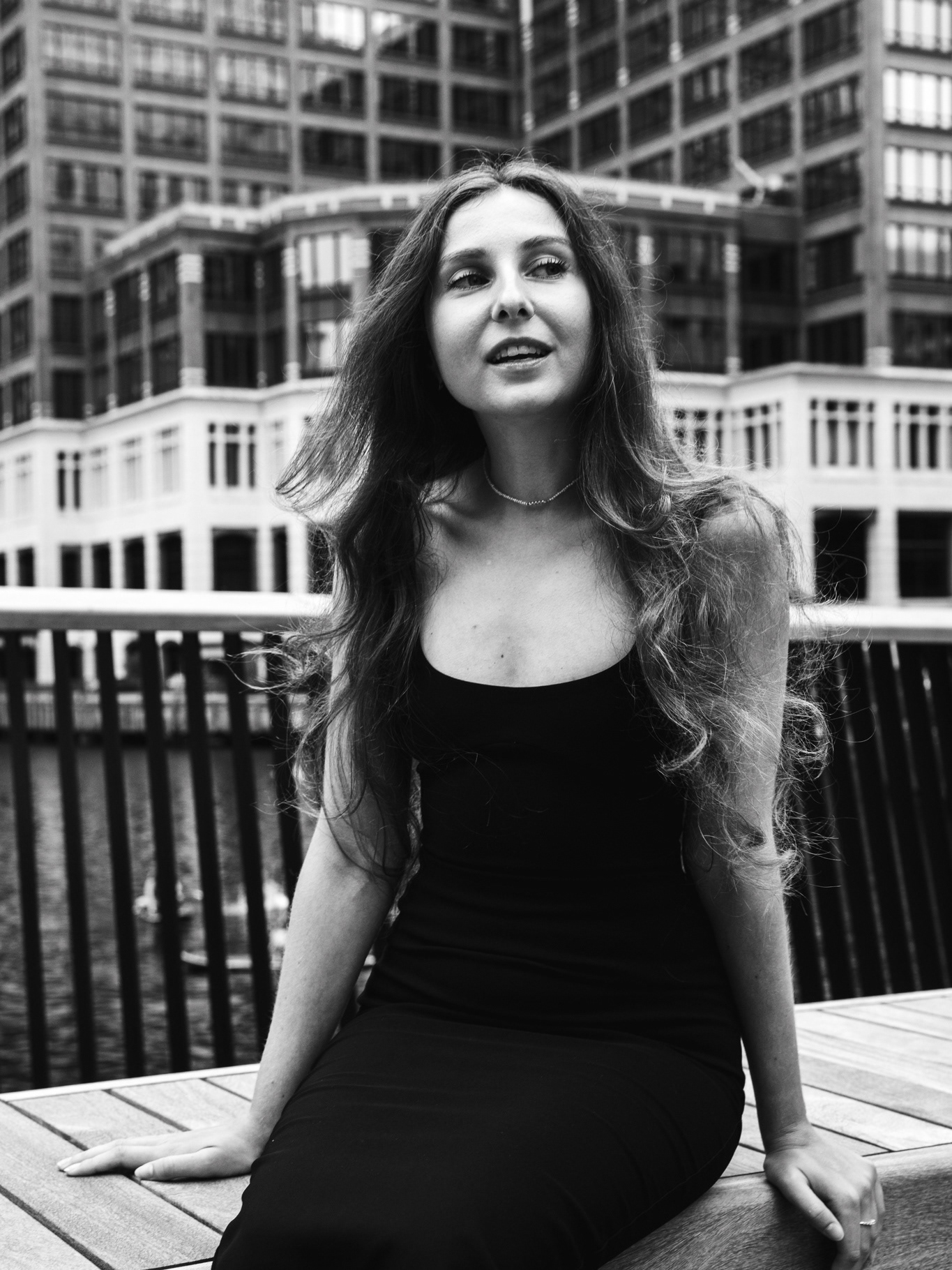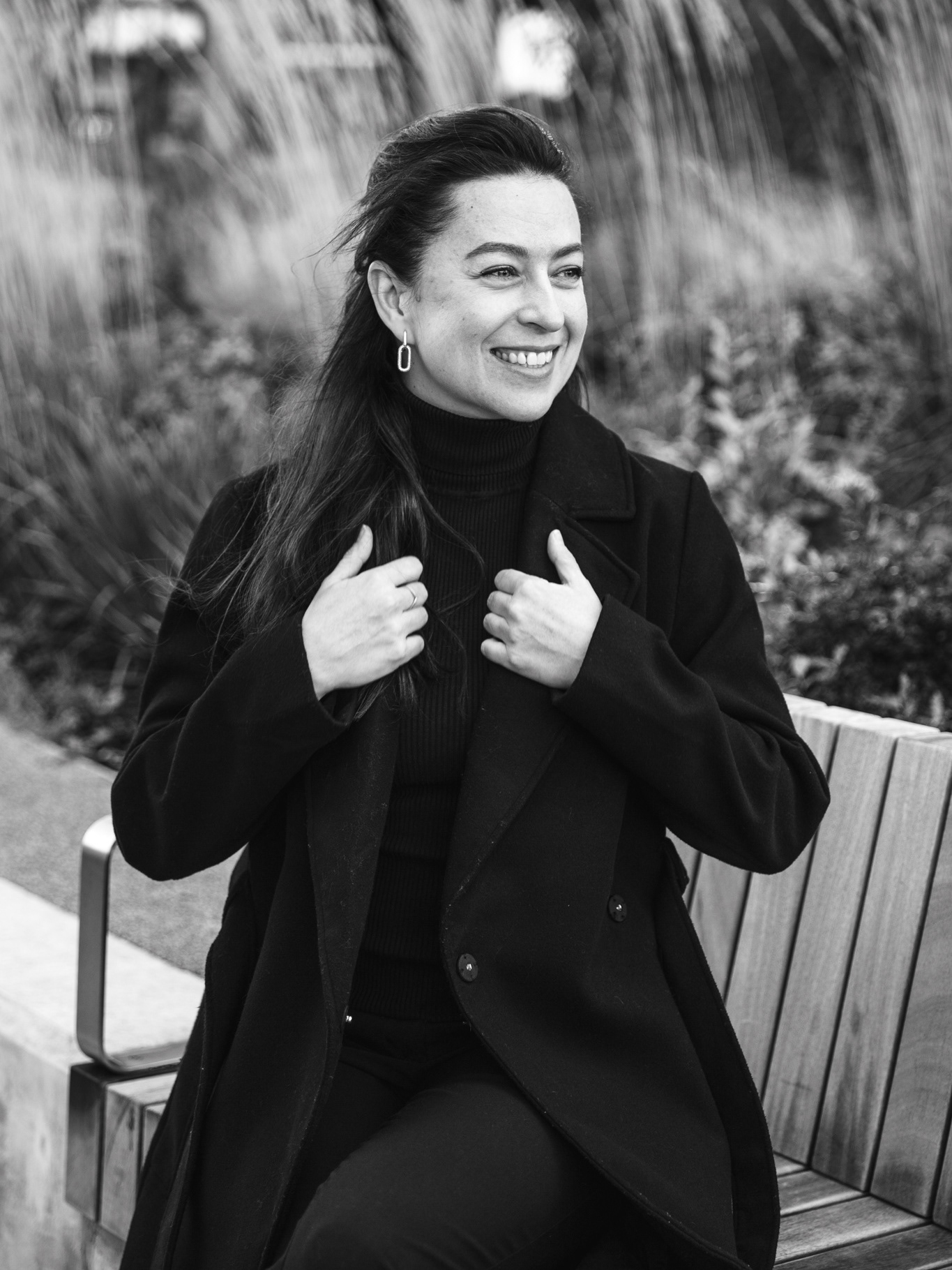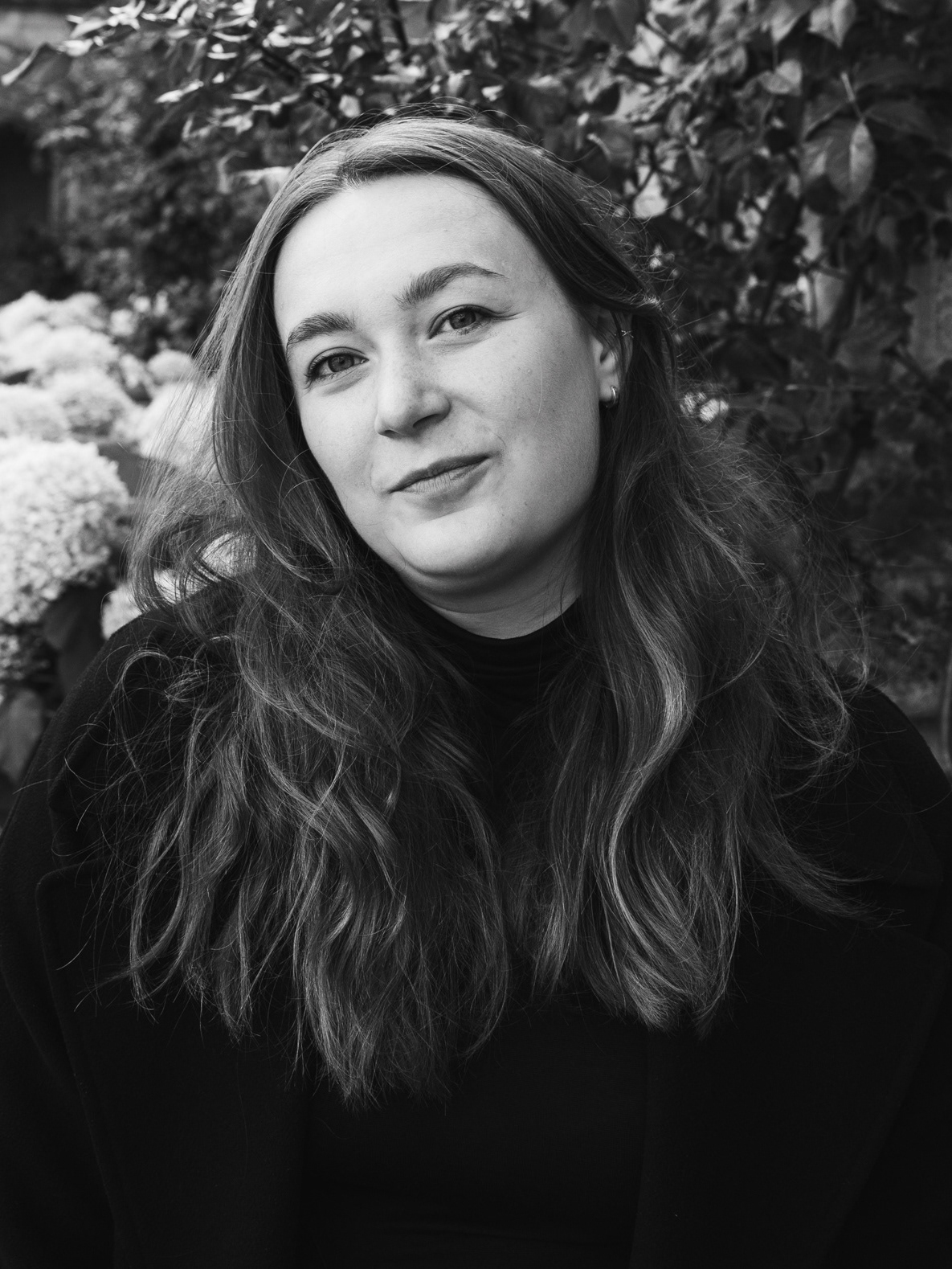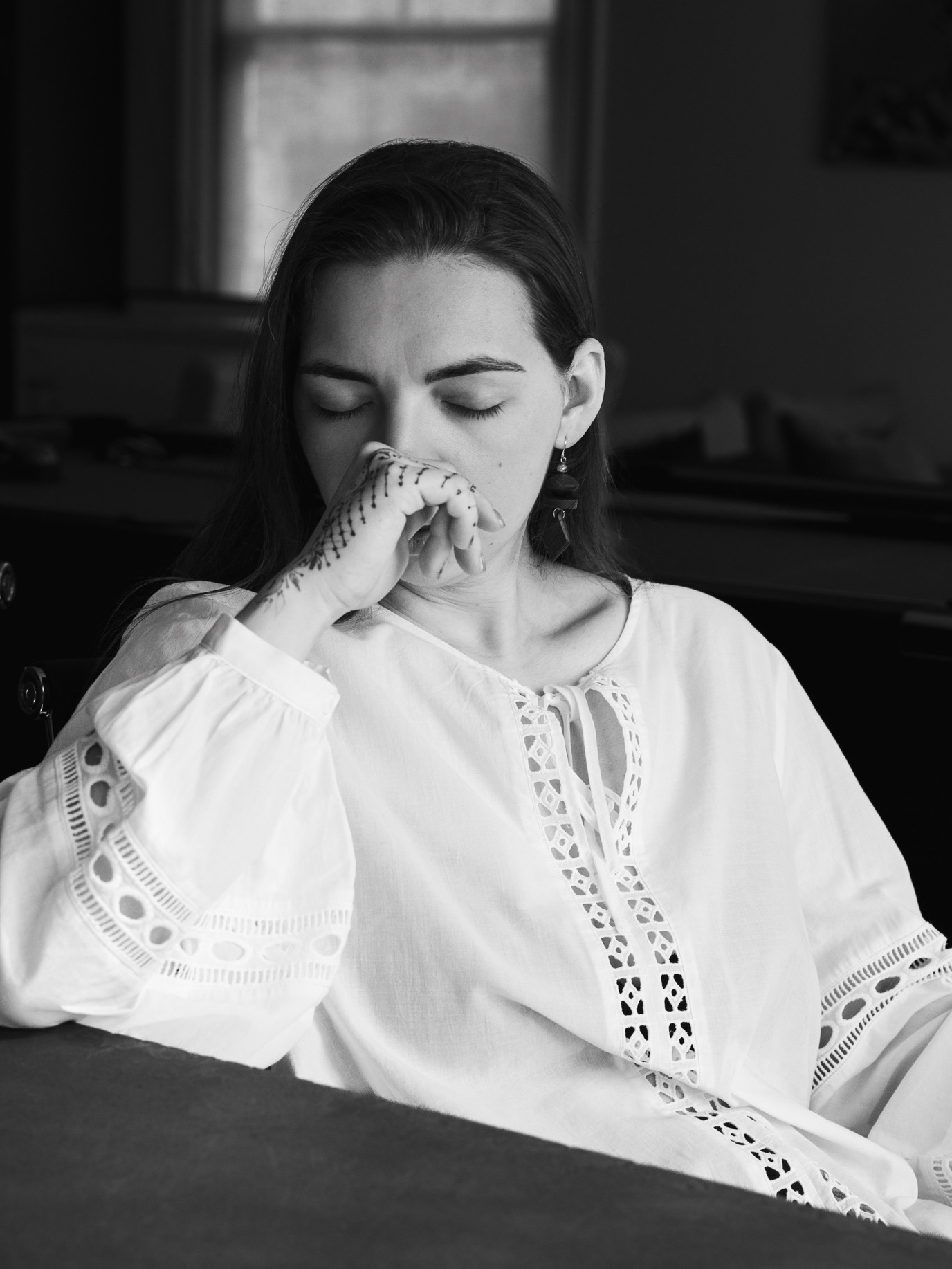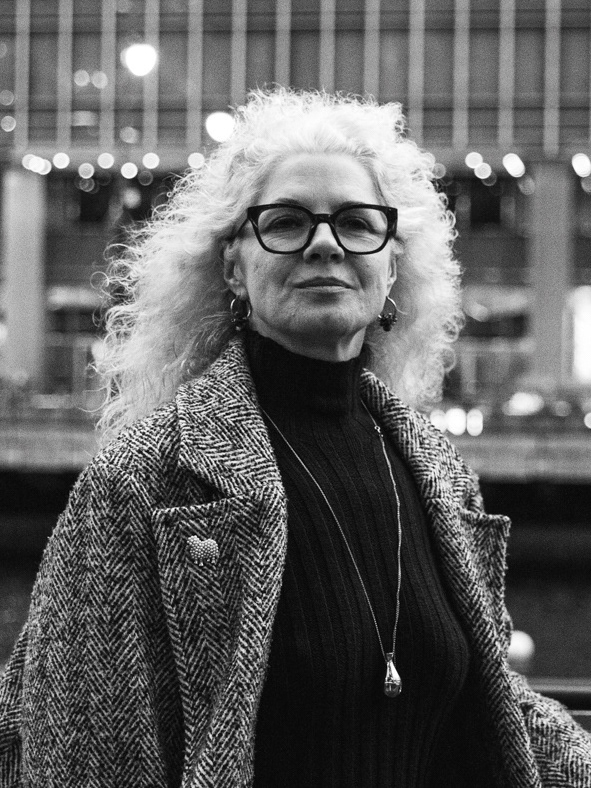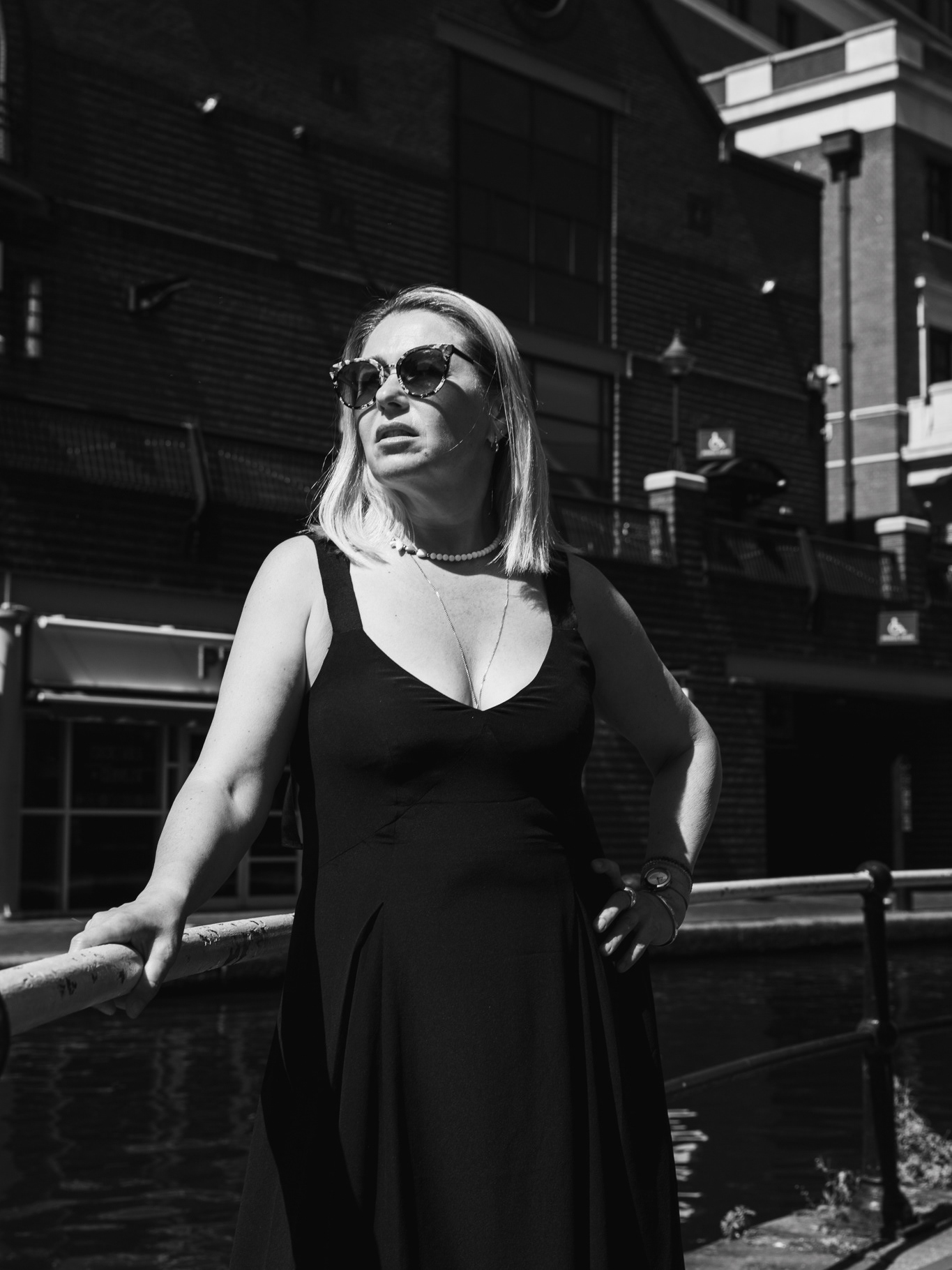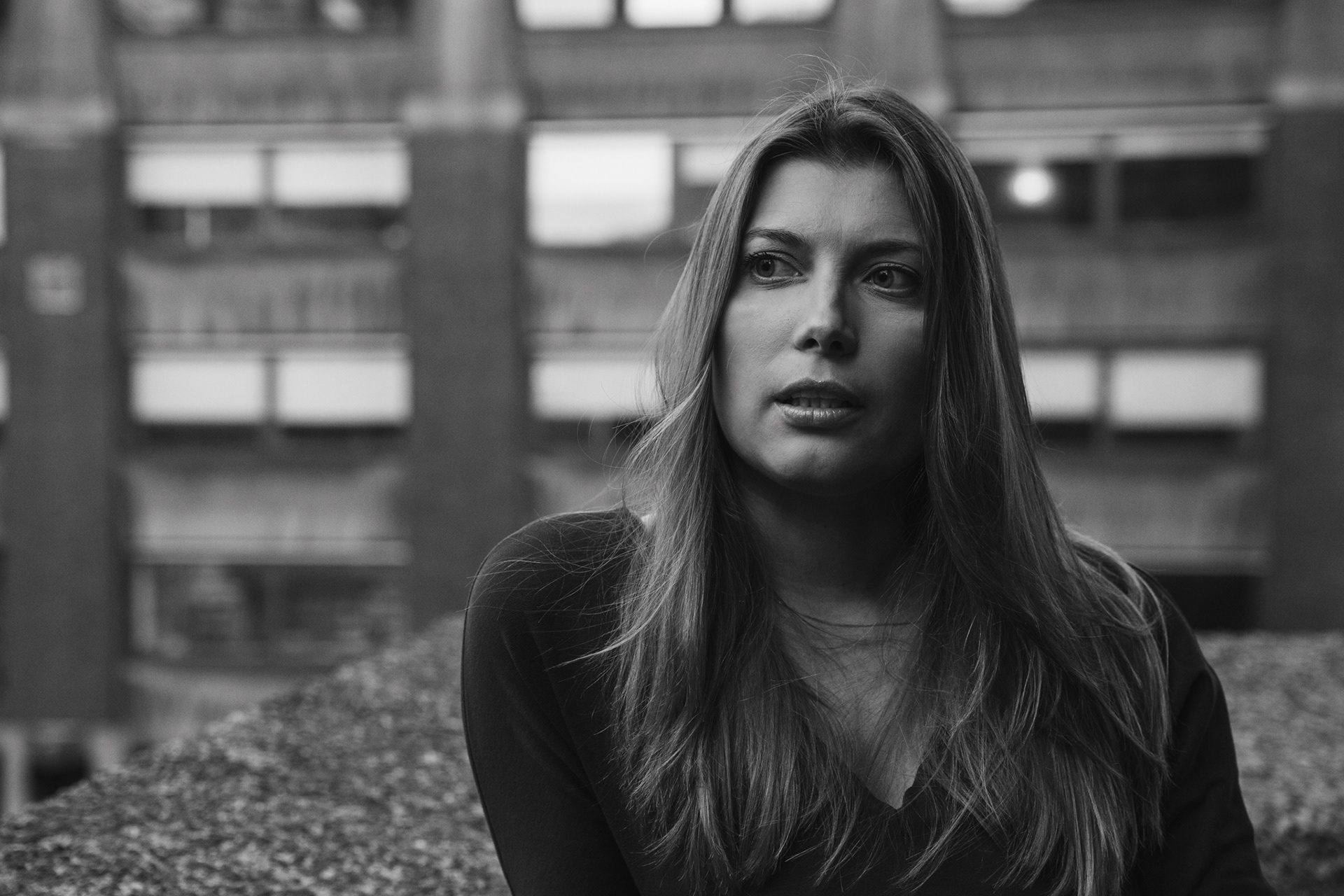
A Journey of Unbroken Spirit
For Yevheniia, as for millions of Ukrainians, the morning of February 24, 2022, began with a jolt of shock and uncertainty. As the owner of several pet stores in Kyiv, she was immersed in her business 24/7, paying little attention to the news. When her employees called to tell her about the war and refused to come to work, her first reaction was genuine disbelief. “What war? I was, in fact, working 24/7, so I wasn't watching the news. My only world was my business, and, basically, nothing else.” All her grand plans, dreams of expanding the chain and attracting investors, crumbled in an instant. It was a feeling of losing control and deep disappointment.
That day, Yevheniya went to work herself at one of her stores in Troieshchyna. She witnessed a frenzy and panic: people were buying pet food by the bag and crate, preparing for the worst. Pet carriers and travel bowls all sold out instantly. "There was a very strong panic, as people prepared for something awful. And they bought, basically, everything. Carriers, bowls, and water bottles designed for travel immediately sold out." She remembers that day as "panic and chaos." Despite everything, she still couldn't believe the war had actually started. "I didn't believe that a war had even begun, that something like this could happen in our modern century, in our modern world."
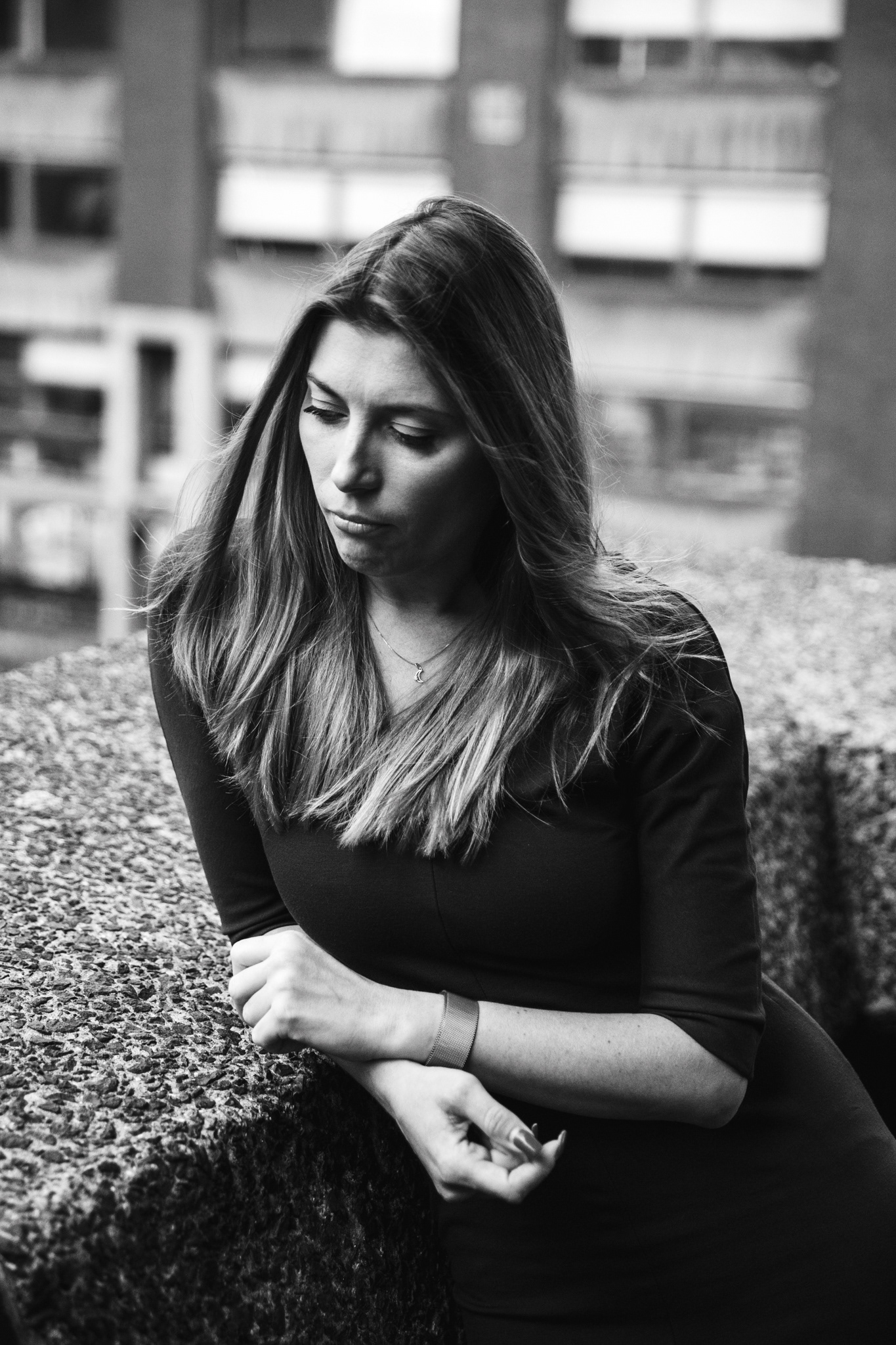
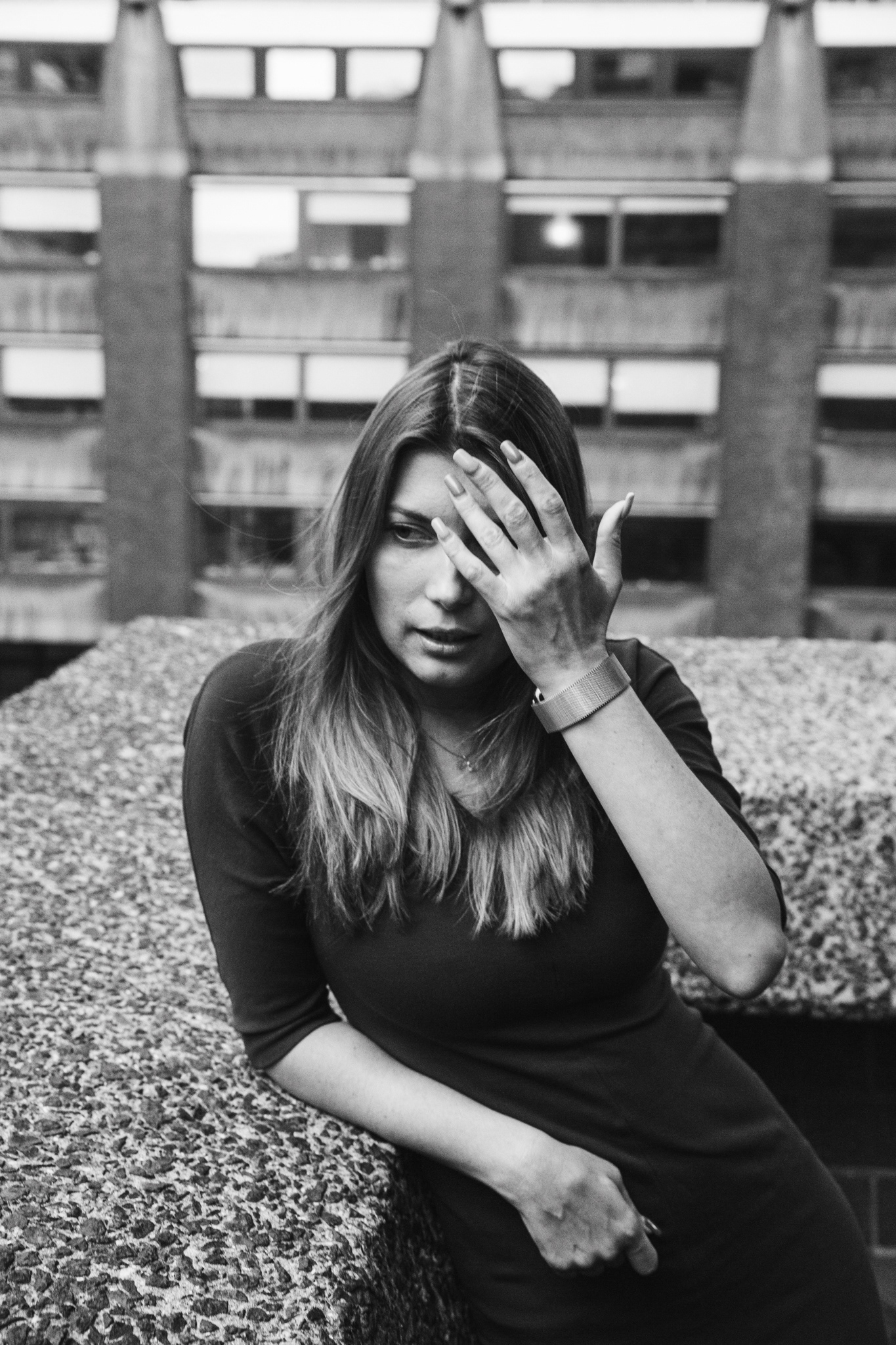
The realization came later, with a powerful explosion.
Yevheniia heard it, became terrified, and saw a cloud of smoke beyond Kyiv. For a long time, she couldn't get a taxi to another one of her stores. A neighbor agreed to drive her from Troieshchyna to Pozniaky for 800 hryvnias, explaining that the road was dangerous. From the car window, she saw "dust rising very far away. And it was like, you know, a cloud of dust, like in apocalypse movies." This explosion, which resembled a mushroom cloud, finally shattered her illusions. "And that's when I understood, okay, the war has really started. Only then did I believe it, only then did I realize that this was reality and not some dream." It was then that genuine fear set in. "It was scary, and I still remember it and wonder, was I dreaming, or was it reality?" Until that moment, everything had seemed like "some kind of internet joke" or "a malicious PR stunt."
Yevheniia heard it, became terrified, and saw a cloud of smoke beyond Kyiv. For a long time, she couldn't get a taxi to another one of her stores. A neighbor agreed to drive her from Troieshchyna to Pozniaky for 800 hryvnias, explaining that the road was dangerous. From the car window, she saw "dust rising very far away. And it was like, you know, a cloud of dust, like in apocalypse movies." This explosion, which resembled a mushroom cloud, finally shattered her illusions. "And that's when I understood, okay, the war has really started. Only then did I believe it, only then did I realize that this was reality and not some dream." It was then that genuine fear set in. "It was scary, and I still remember it and wonder, was I dreaming, or was it reality?" Until that moment, everything had seemed like "some kind of internet joke" or "a malicious PR stunt."
Initially, when the explosions were isolated, Yevheniya only felt a sense of strangeness and incomprehension. But with each new loud sound and each visual scene of destruction, the fear grew. Her mind was in chaos, she didn't know what to do next, but she was determined to stay in Kyiv.
With her 9 (later 10) cats, which she had taken in from the streets, treated, and rehomed, Yevheniya sat in the basement during the heavy shelling. On the third or fourth day, despite her own plans not to leave Kyiv, she rescued a cat from an apartment in Troieshchyna that needed to be taken to Lviv. It was a risky act that required breaking open metal-plastic windows on the second floor, with help from her colleagues at the ATB where her pet store was located, and a brave neighbor named Fedir, who is now serving in the Armed Forces of Ukraine.
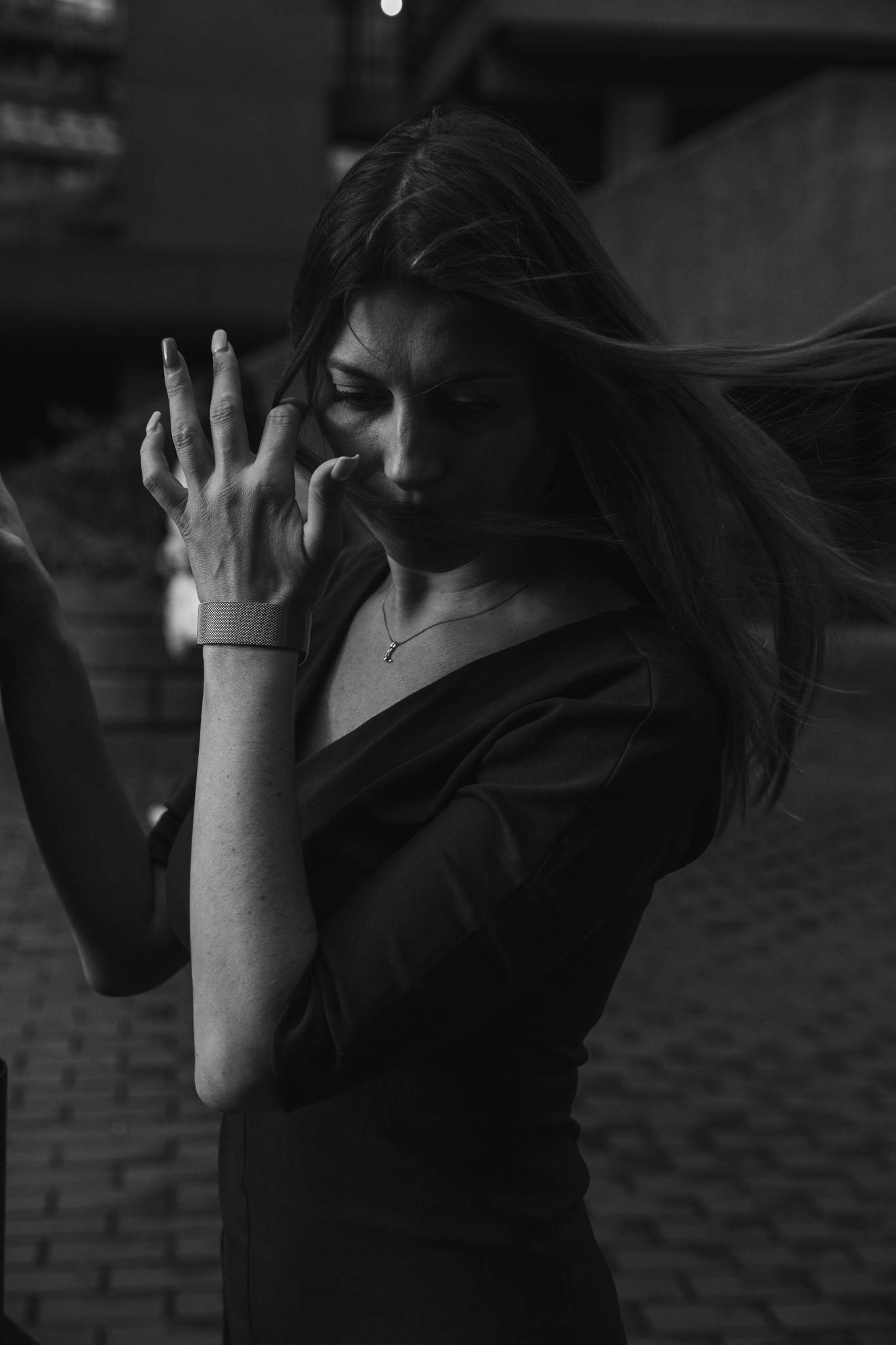
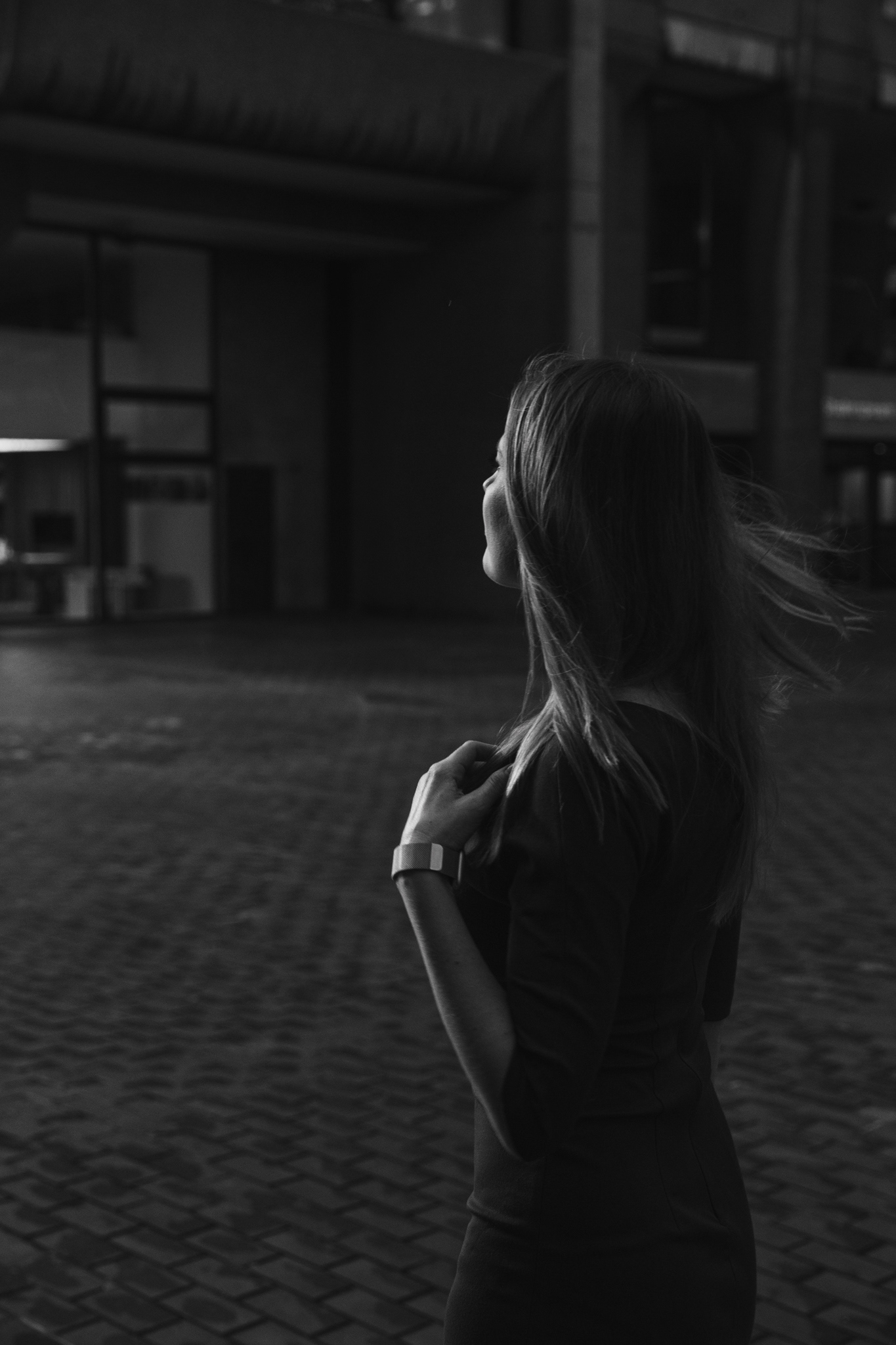
The Struggle and Mounting Fear
The desire to stay in Kyiv was strong. Yevheniia went to help the local Territorial Defense, filling bags with sand near her house in Troieshchyna. These bags were then used to block the road. Her physical participation in this process brought a new realization and a new fear. "That's when it started to feel like something was happening, and it was something unhealthy, not positive, and that's when real fear began to creep in." The fear of "what would happen if the troops entered here..." Thoughts about what would happen to her and her cats if Russian troops came through Troieshchyna began to force her to think about a plan, though leaving was still not an option.
Yevheniya's friend, Vitalii, who was in Warsaw, persistently urged her to leave, but she refused, citing her pet business and her 10 cats. She stayed in Kyiv for a week, hiding with the cats in the bathtub, and later in the basement.
The explosions became more frequent and more powerful. She covered the windows with wooden plywood and heavy objects to protect the cats from glass shards in case the windows shattered. When she had to go down to the basement of her panel-block building, an even greater fear set in. "And that was an even greater fear. It was a kind of frustration, silent panic, chaos." The horror of the thought that the building could collapse like a house of cards if it was hit and that they would all die in the rubble... the most frightening thing was for the cats and the other animals...
The final straw was the gunshots she heard from the window one evening—"the sound was like a series from a Kalashnikov." "This is insane. I have to leave, I have to do something. I have to save the cats." That's when she realized that leaving was inevitable. She was worried about her 10 cats. "When I remember that week, I shudder."
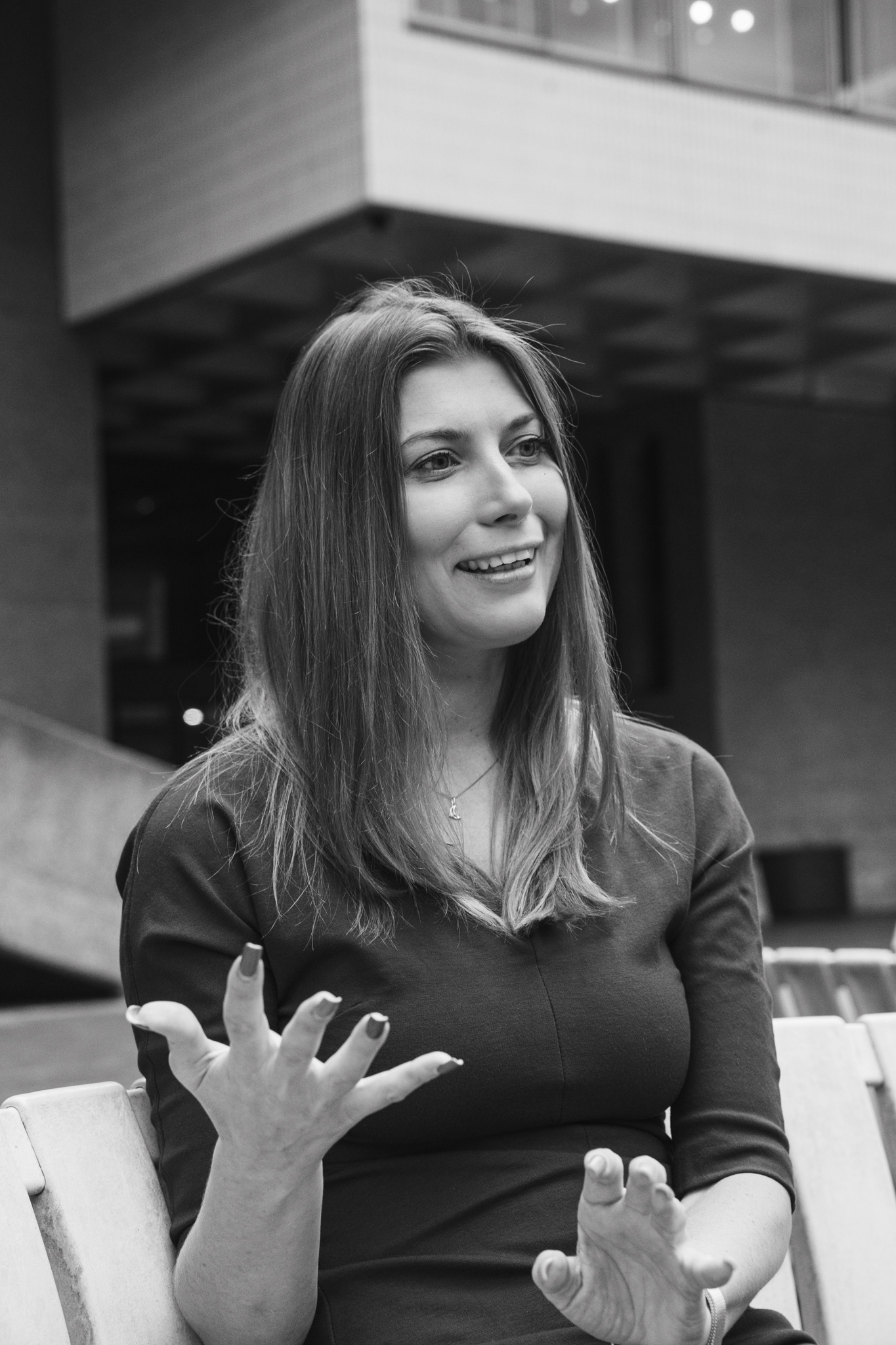
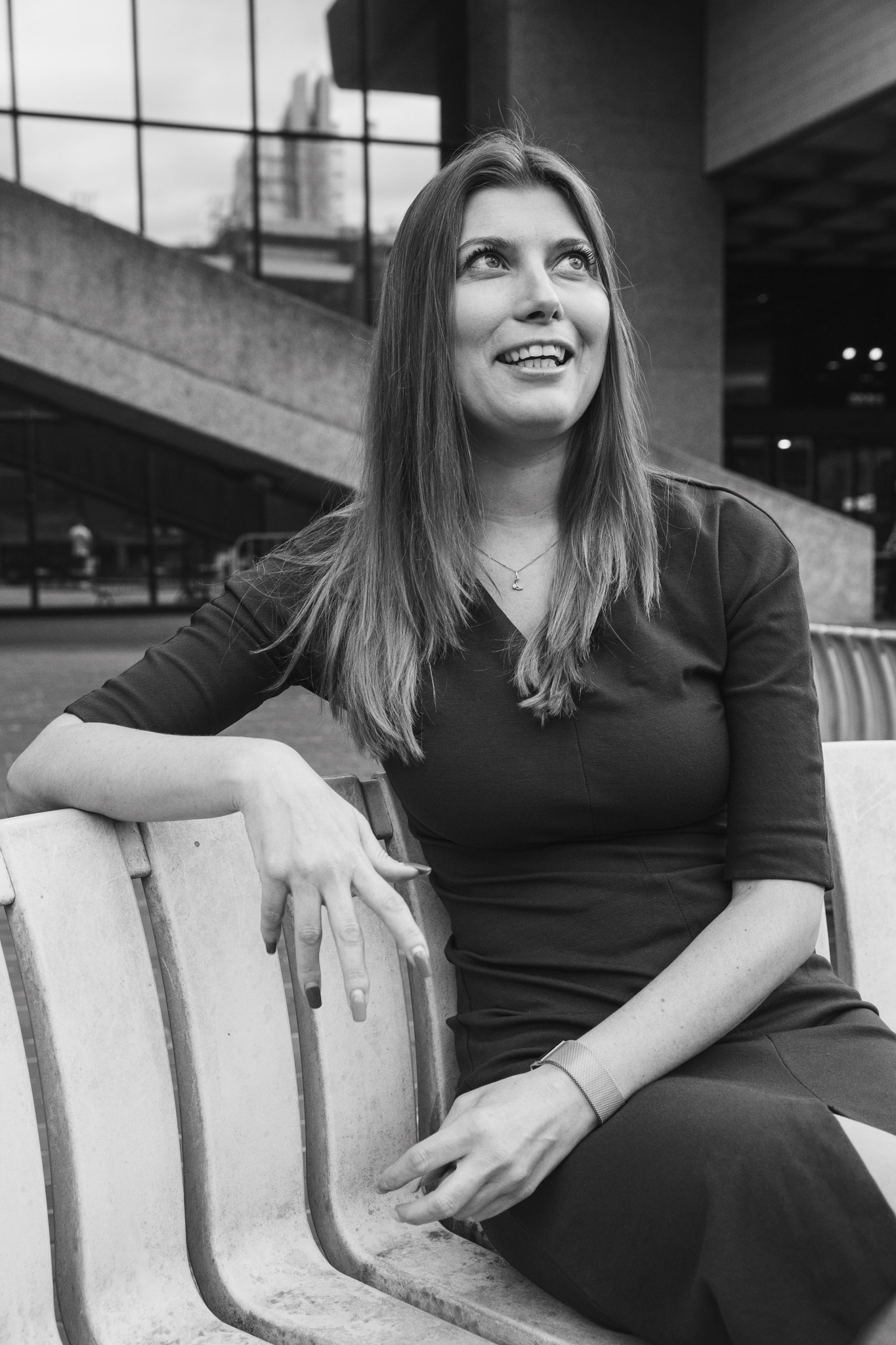
The Long Road to Freedom
Finally, urged by her friend, Yevheniia decided to leave. She got into a small rented car, a Ravon R2, that Vitalii had found. She loaded up her 10 cats, for whom there weren't enough carriers. Some of the animals were in regular boxes or simply sitting on the seats. It was a real "house on wheels." As an inexperienced driver, she was in a state of panic and stress, even forgetting how to start the car. Her 80-year-old godmother, who did not want to leave Ukraine, told her, "Well, my daughter, go with God."
"I left Kyiv on March 3 at 1:40 p.m."
She sat in the car for another 2 hours, trying to collect her thoughts before the trip. On the journey to Warsaw, she drove at 50 km/h, unable to see well without her glasses, and at night, she navigated only by the brake lights of the cars in front of her. "It was a nightmare." She spent two nights in the car, one of them in the middle of a field. It was very cold and scary.
Fortunately, she met "kind people" along the way, whom her friend found through chat groups. They took her and her 10 cats in for the night, even though the animals, being stressed, tore the curtains and scratched the wallpaper in strangers' homes. People were understanding. Once, near Lviv, at a checkpoint, she was asked why she was driving with her low beams on; she was simply in a panic and didn't know how to turn them off.
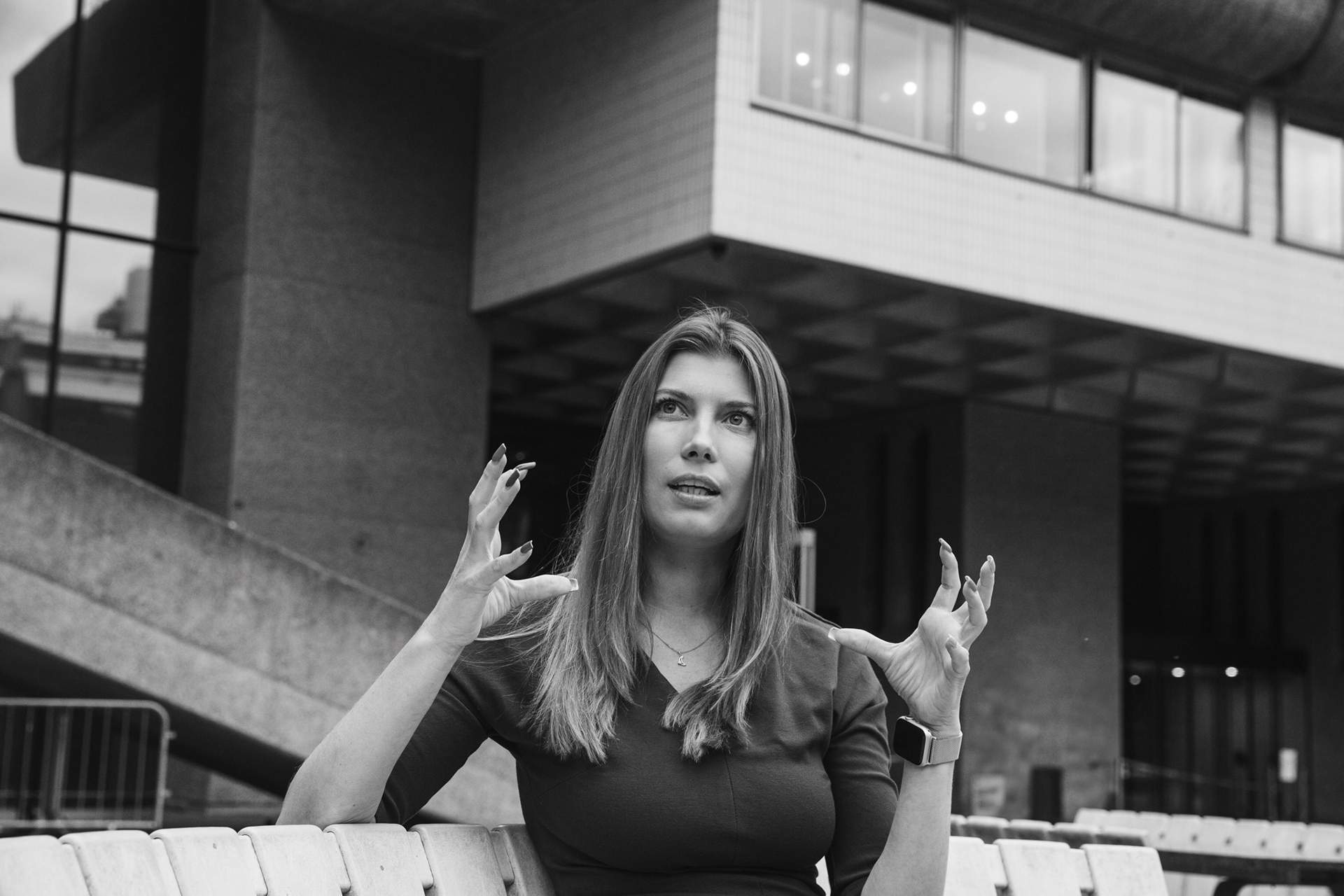
While driving through the Kyiv region, in a deserted village, Yevheniya picked up a stray puppy. Soon after, the car started making a strange noise. She asked for help from a guy who was the only one on the whole deserted street closing his yard gate. He was surprised by her appearance—a woman with 10 cats and a puppy—and quickly realized that the noise was just the rear wipers scraping. He turned them off, and she asked if she and her menagerie could stay the night. The kind young man agreed and offered for her to come into the yard and spend the night in his house, as he was going to serve in the Territorial Defense, and he took the puppy with him. "Thank you to that kind guy from the bottom of my heart." Yevheniia put all 10 cats in the bathroom.
At night, hearing noises near the house, she again felt panic. Someone was walking under the windows in the yard. The guy advised her over the phone to lock the door, turn off the lights, and lock herself in the bathroom. She spent the entire night in trembling fear with her cats.
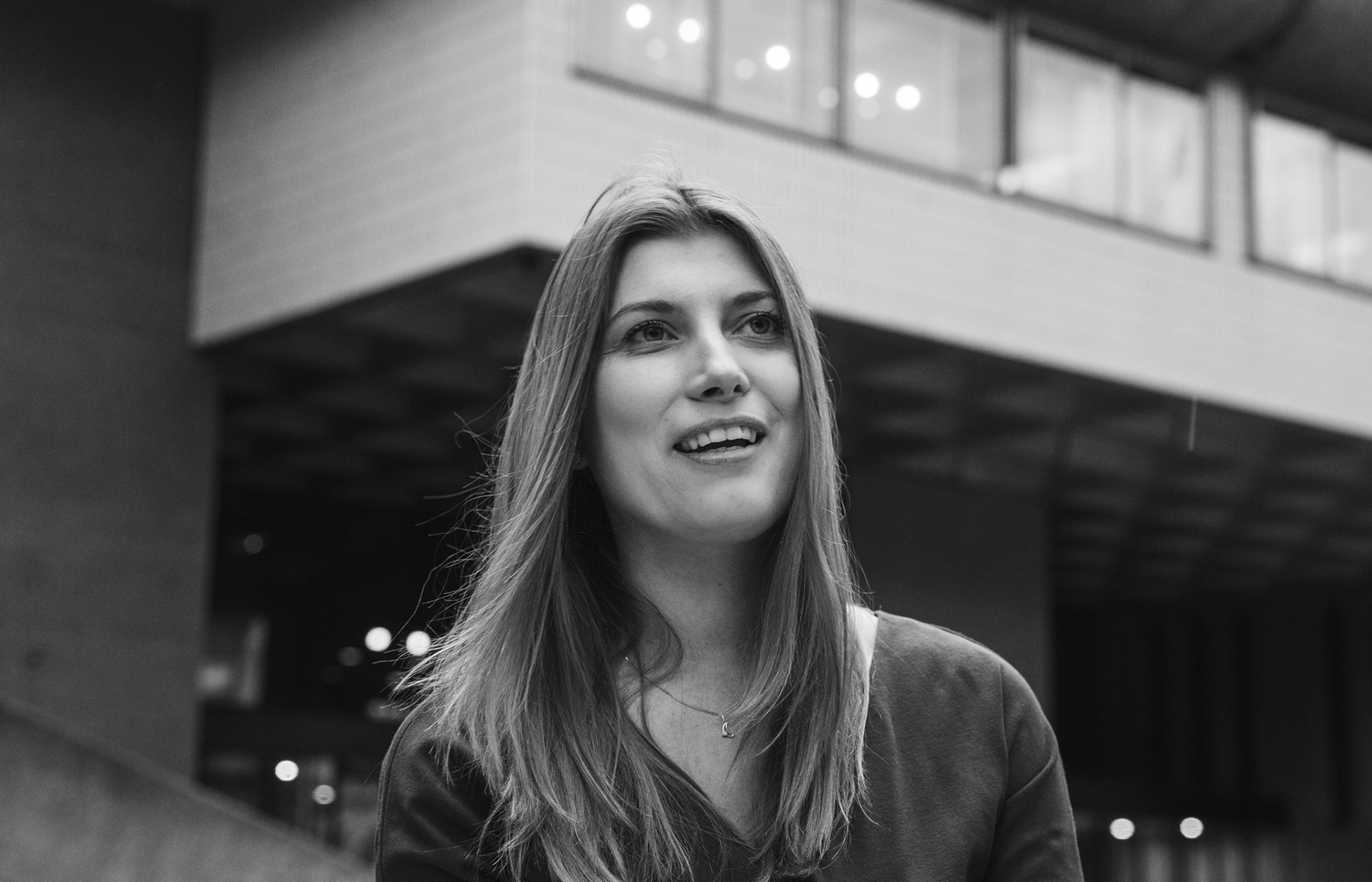
The Border and a New Life
After the overnight stay, she drove on, only stopping for the night and traveling during the day when there was light. One time, in the Ternopil region, she had to sleep in the attic of an unfinished house, paying 1,000 hryvnias for it. "Oh, God, I remember that—the attic had cold concrete and a mattress on the floor, but the radiator was nearby, so it was okay."
In Lviv, she gave two cats to people who couldn't get their own cat out of Kyiv, and another was taken for a mother. So, she arrived at the Polish border with eight cats. At the border, a new challenge awaited her: according to Polish rules, you could only transport up to 5 animals. "The border guards wanted to take three of my cats, but I wouldn't let them."
Yevheniya had spent 7 days with them, saving them; some of them were disabled. "I couldn't give them up. I cried and asked people in the room with only one animal if they would take one cat each and give them back to me after crossing the border. I started to have a hysterical fit, I was shaking, begging Ukrainians in the queue to temporarily take the cats, offering money, but no one agreed..."
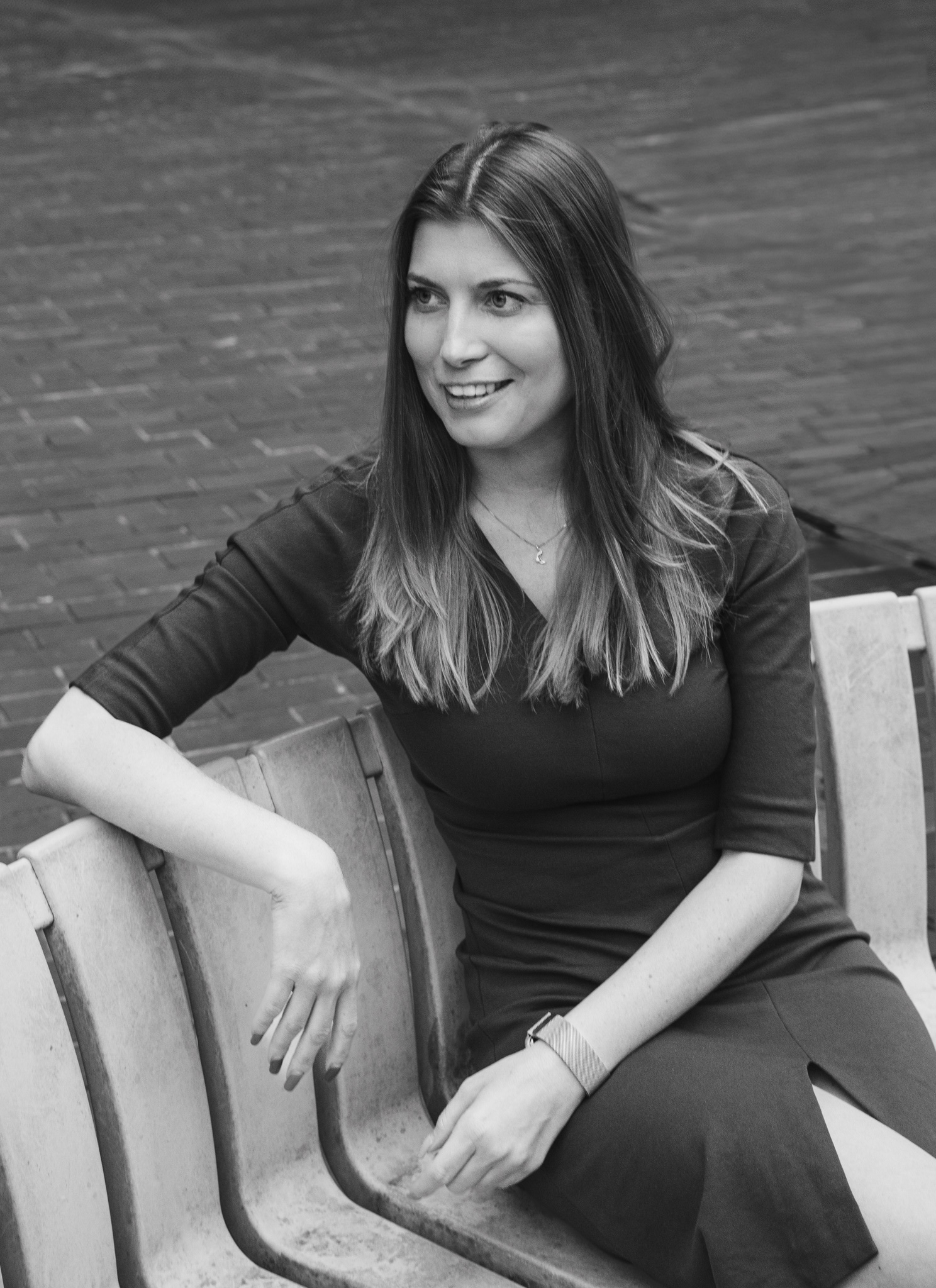
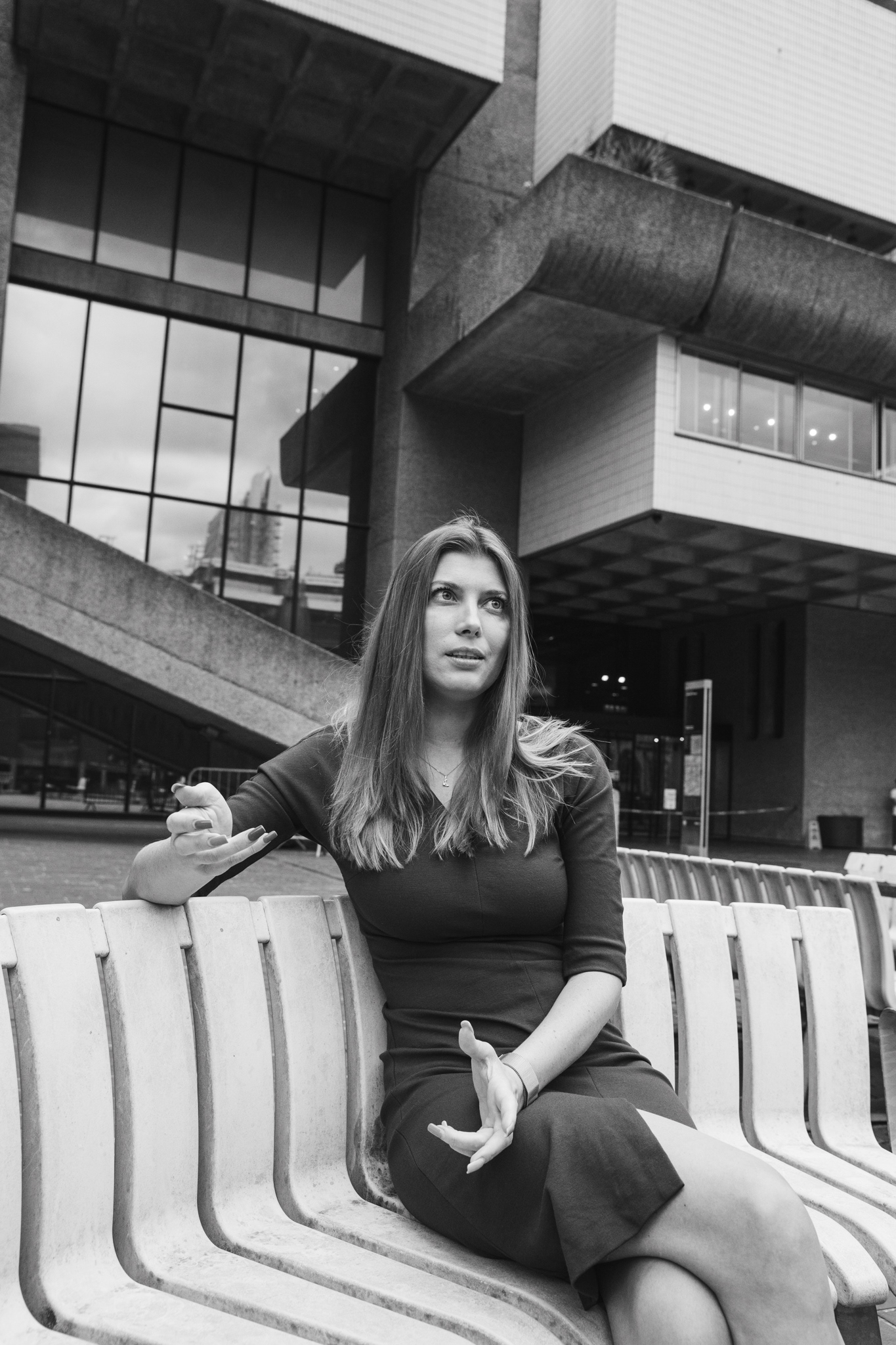
That's when two Polish women came to her aid. "Thank you to these saintly women." Seeing her despair, they agreed to take the cats and meet her at a border hotel to hand them back. "When the security was coming for me to take the animals, these saintly Polish women grabbed three carriers and just ran outside in front of the security, with the carriers, with three cats, got into a car and just floored it. They just drove out of the parking lot at high speed and crossed the border in a second, like in the movie Fast & Furious." It was a desperate and heroic act by these two Polish women that allowed Yevheniia to keep all her cats.
At the Polish border, when the convoy guard asked how many cats she had, Yevheniya pretended to only have five. She desperately denied having any other animals, despite the border guards' insistence that they remembered there were eight. They checked the car with a flashlight, didn't find the other three cats, and left her alone. Her persistence and a stroke of luck worked: a female border guard, who was furious that she couldn't take the cats for quarantine, eventually waved her through. Yevheniia crossed the border and picked up her rescued pets. In Warsaw, she rehomed three cats to good homes, and five remained in her care, finding a long-term foster family with kind people. "From the bottom of my heart, I thank Liliia and Iryna; my cats have been living with them for 3 years now."
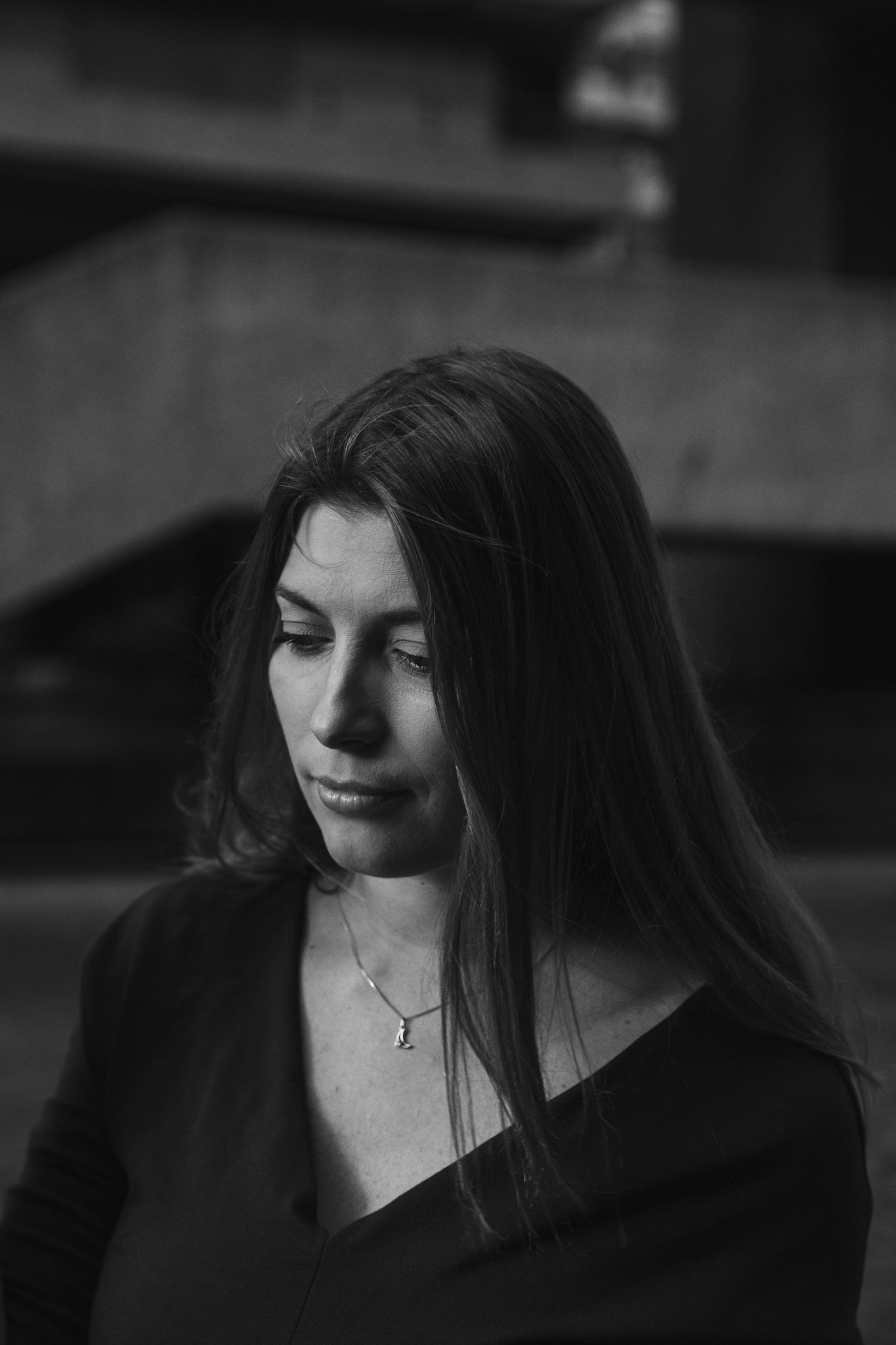
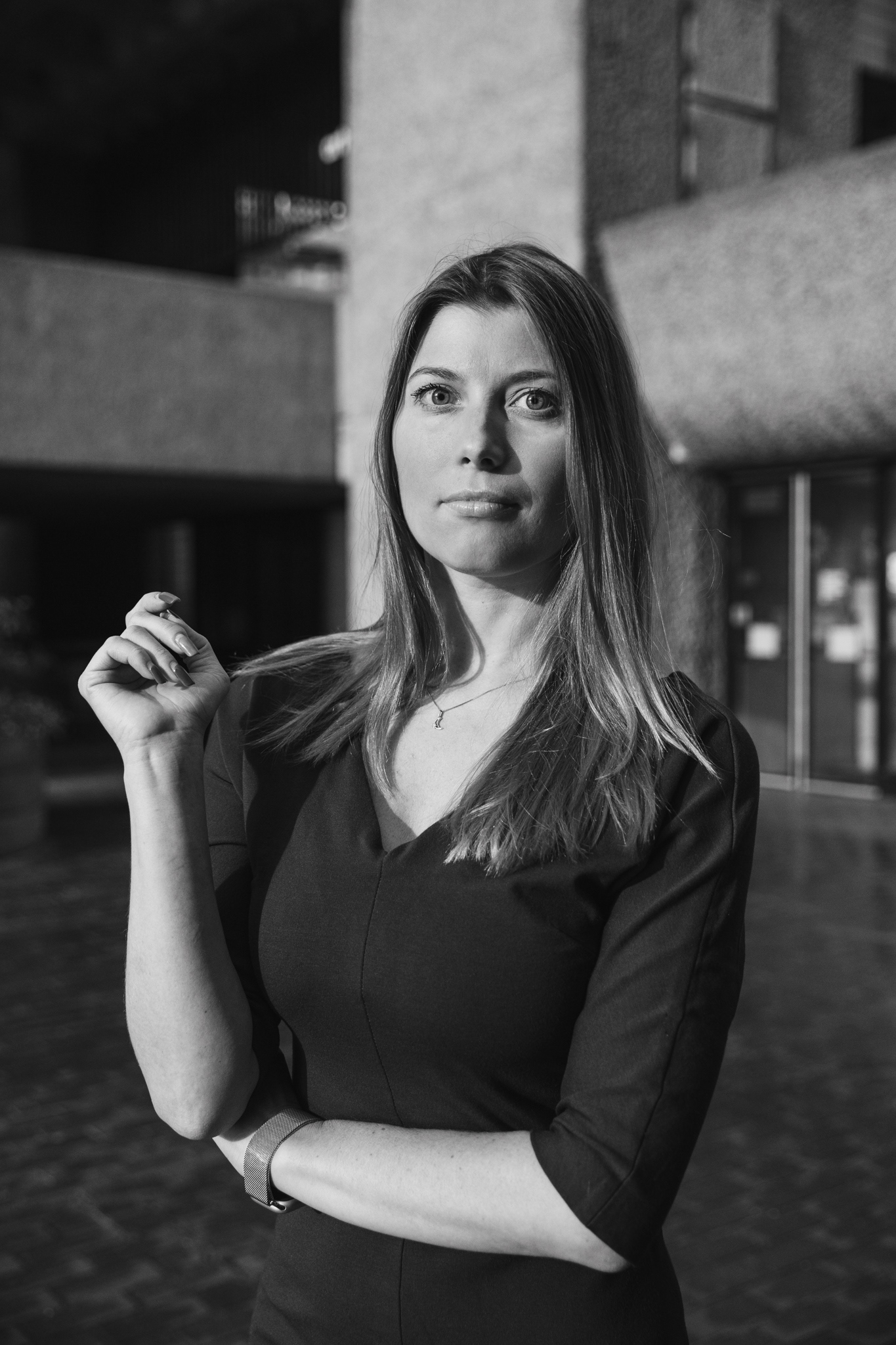
London: New Challenges and Missions
Yevheniia stayed in Warsaw for a month, volunteering at the Ukrainian embassy, and on April 4, 2022, she left for London. Her cousin, Yurii, had suggested she get a family visa, assuring her that it was safe there. She didn't plan on staying for long, as she had always been more drawn to the US than to Britain. In Warsaw, as a volunteer, she had even been given a free apartment for a year, but she only used it for a month before having her friend and his mother stay there, and they took care of the cats for a while until Yevheniia found a long-term foster home.
In Warsaw, Yevheniya had time to volunteer at the Ukrainian embassy. It was a difficult time, as Ukrainians were arriving from Mariupol and other regions, fleeing with nothing, no documents or passports. She saw countless stories like this, of people arriving without bags, having traveled by difficult routes. The queues at the embassy were incredible, and people were sleeping there in a panic, not knowing where to go. "I saw so many tears, despair, and pain in the eyes of those people every morning; I wanted to help every single person, absolutely everyone."
Upon arriving in London, Yevheniya faced a new reality. Her English, which she had considered sufficient after almost three years in China, turned out to be inadequate for finding a decent job. She sent out hundreds of resumes but received few responses. In interviews, she was told directly, "Your skills are great, they're awesome, but your English is much lower than your skills. So you should learn English, go to a course." This was a disappointment, but also a motivation.
She enrolled in ESOL courses, studying from 9 a.m. to 3 p.m., and also attended free business courses on weekends. The latter were particularly difficult, as there were only British people there, and she understood very little. "I didn't understand anything because there were only British people... Well, there wasn't much point because I was just sitting there, staring at them like a sheep at a new gate." "My cousin helped me with some of the tasks, but with that level of English, I couldn't benefit from the education because I simply didn't understand what they wanted, what they were saying."
At the same time, she worked as a nanny, picking up a child from kindergarten and taking care of her. This frantic pace of work—studying, Pret, nannying, and also being a barista on weekends—led to burnout. Her health began to fail, and an ambulance took her away with knee problems. The doctor advised her to avoid standing work, which was another blow, but also a reason for reevaluation.
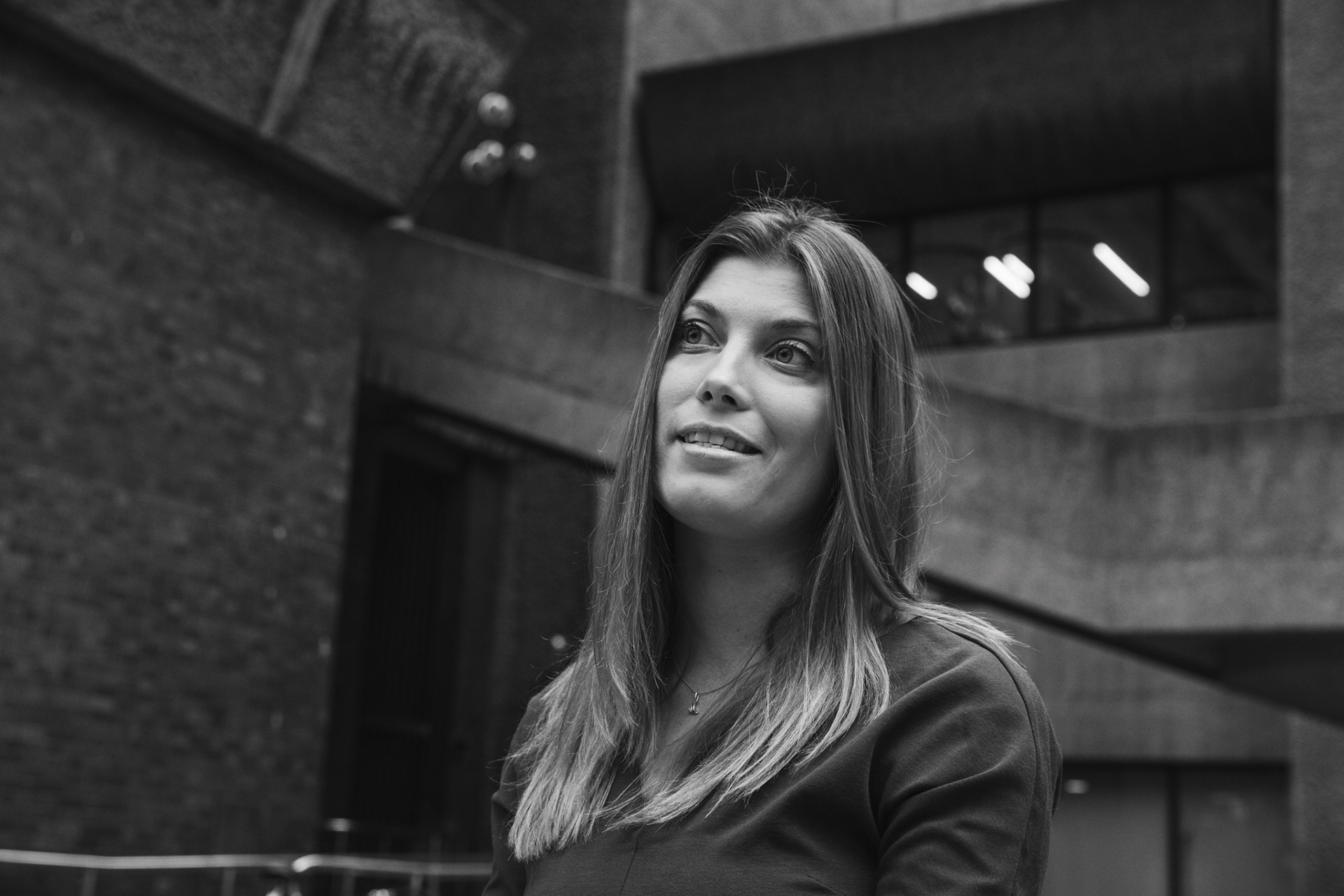
Social Mission and Personal Growth
Despite all the difficulties, Yevheniia was simultaneously developing the Ukrainian Educational Hub in Britain. It all started in Poland when her university lecturer, Yuliia Bekh, recommended Yevheniia to Mariia Bohuslav as an active person to coordinate the Hub in Poland. She helped find a space and form the initial team in Poland, and then, after moving to Britain, she took on the task of developing hubs there. This is a completely social project that required incredible persistence. For a year and a half, she looked for a space to hold events for Ukrainians, but all in vain. She then created a Telegram channel that now has over 6,000 people, and in the whole of Britain, their community is already more than 16,000 Ukrainians.
She looked for funding and a space, but nothing worked out. Finally, she found a free space in the London Chamber of Commerce and Industry, thanks to Ihor Bartkiv, who was the first to offer help. Then Olena Melnyk, who works at Capital City College, also responded and provided a free space for events for the Ukrainian Educational Hub. And later, Volodymyr Pavliuk helped us and provided a space in the Ukrainian House.
The story of the live events of the Ukrainian Educational Hub in Britain began on December 8, 2023. Yevheniia recruited a team, found more free spaces, and built a system borrowed from her business: team management, marketing, and operational management. "All business processes can be adapted to a social project; if they work in business, they can work just as well in a social project, even without funding."
The main mission of the EduHub in UK is to carry an educational purpose—lifelong learning. To help Ukrainians adapt to the new environment, and to help children and women. To also provide psychological support to children and teenagers. To gain new knowledge through our events, and to start a business. This is help with things like how to enroll a child in school or university, how to open your own business, and how to understand how British society functions. They also hold events in English to help Ukrainians better understand the British and to help the British better understand Ukrainian culture and become closer to each other.
Currently, the Ukrainian Educational Hub has two centers in London and Chichester, with plans to open more in Oxford and Wales, as well as in Manchester. The goal is to unite Ukrainians and create a new Ukrainian diaspora in Britain. This project is a unique example of social capital, where everything works for free: the space, the volunteers, the team, the photographers, and the videographers. "We have all been working for free for 3 years now." "I am grateful to every person who has helped us in the Hub, and also to my powerful team (Olia Sikora, Inna Prydvychna, Alesya Pidhrushna, Oksana Baranovska), who invest their most valuable resource in this project—their time." This is "the ability to negotiate, the ability to build a network of contacts, the ability to find the right people in the right place." This whole "machine exists for free." Even the first expenses for coffee breaks or flowers for speakers were covered by Yevheniia herself. Only later were there a few donations that lasted for almost a year. "Also, I want to express my gratitude to a wonderful and very sincere person, Roman Khimchak, who provided sweets and cookies for the Hub for a whole year for free." Now they have opened a non-profit organization and plan to apply for grants.
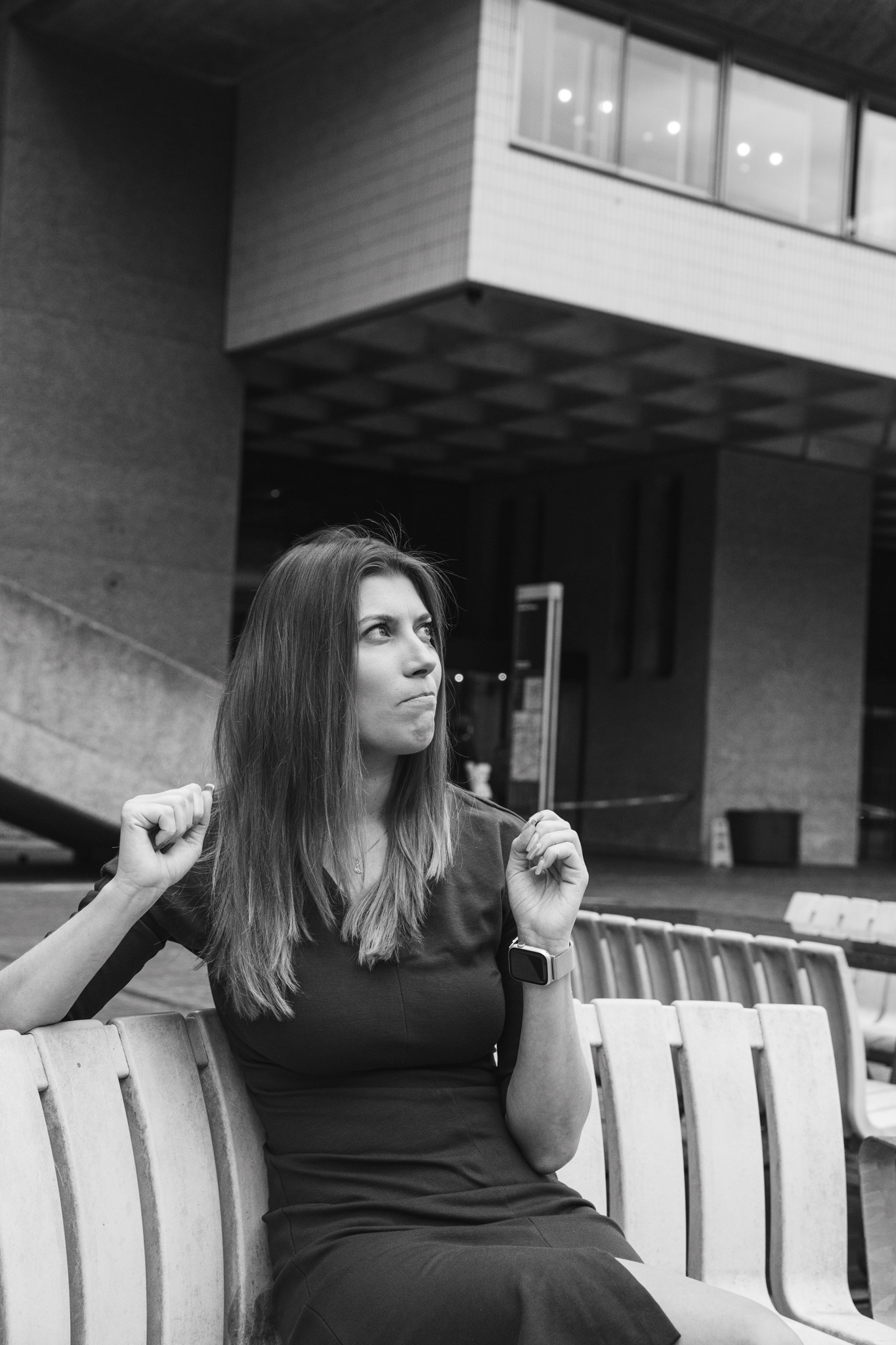
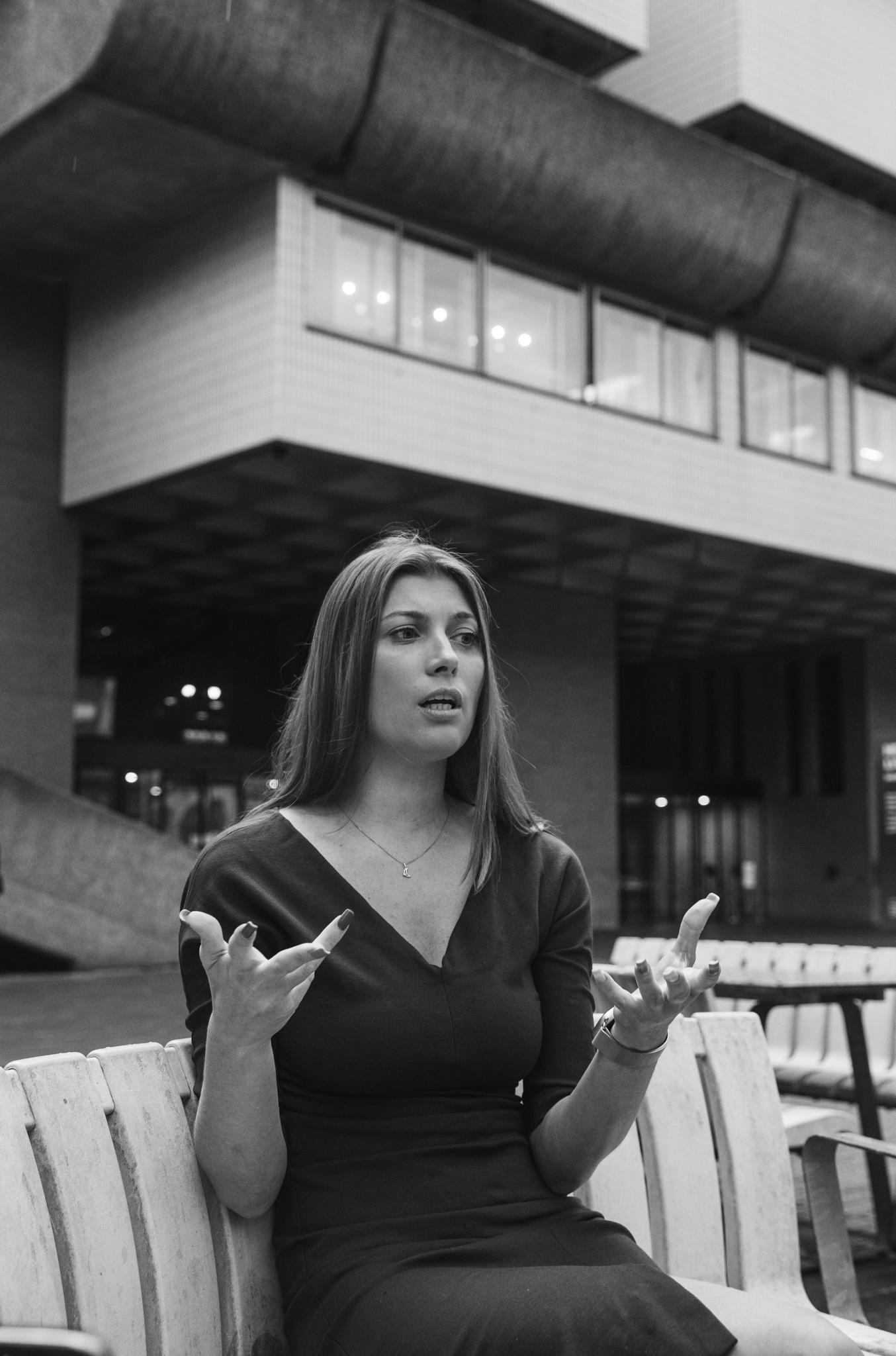
Social Mission and Personal Growth
Despite all the difficulties, Yevheniia was simultaneously developing the Ukrainian Educational Hub in Britain. It all started in Poland when her university lecturer, Yuliia Bekh, recommended Yevheniia to Mariia Bohuslav as an active person to coordinate the Hub in Poland. She helped find a space and form the initial team in Poland, and then, after moving to Britain, she took on the task of developing hubs there. This is a completely social project that required incredible persistence. For a year and a half, she looked for a space to hold events for Ukrainians, but all in vain. She then created a Telegram channel that now has over 6,000 people, and in the whole of Britain, their community is already more than 16,000 Ukrainians.
She looked for funding and a space, but nothing worked out. Finally, she found a free space in the London Chamber of Commerce and Industry, thanks to Ihor Bartkiv, who was the first to offer help. Then Olena Melnyk, who works at Capital City College, also responded and provided a free space for events for the Ukrainian Educational Hub. And later, Volodymyr Pavliuk helped us and provided a space in the Ukrainian House.
The story of the live events of the Ukrainian Educational Hub in Britain began on December 8, 2023. Yevheniia recruited a team, found more free spaces, and built a system borrowed from her business: team management, marketing, and operational management. "All business processes can be adapted to a social project; if they work in business, they can work just as well in a social project, even without funding."
The main mission of the EduHub in UK is to carry an educational purpose—lifelong learning. To help Ukrainians adapt to the new environment, and to help children and women. To also provide psychological support to children and teenagers. To gain new knowledge through our events, and to start a business. This is help with things like how to enroll a child in school or university, how to open your own business, and how to understand how British society functions. They also hold events in English to help Ukrainians better understand the British and to help the British better understand Ukrainian culture and become closer to each other.
Currently, the Ukrainian Educational Hub has two centers in London and Chichester, with plans to open more in Oxford and Wales, as well as in Manchester. The goal is to unite Ukrainians and create a new Ukrainian diaspora in Britain. This project is a unique example of social capital, where everything works for free: the space, the volunteers, the team, the photographers, and the videographers. "We have all been working for free for 3 years now." "I am grateful to every person who has helped us in the Hub, and also to my powerful team (Olia Sikora, Inna Prydvychna, Alesya Pidhrushna, Oksana Baranovska), who invest their most valuable resource in this project—their time." This is "the ability to negotiate, the ability to build a network of contacts, the ability to find the right people in the right place." This whole "machine exists for free." Even the first expenses for coffee breaks or flowers for speakers were covered by Yevheniya herself. Only later were there a few donations that lasted for almost a year. "Also, I want to express my gratitude to a wonderful and very sincere person, Roman Khimchak, who provided sweets and cookies for the Hub for a whole year for free." Now they have opened a non-profit organization and plan to apply for grants.
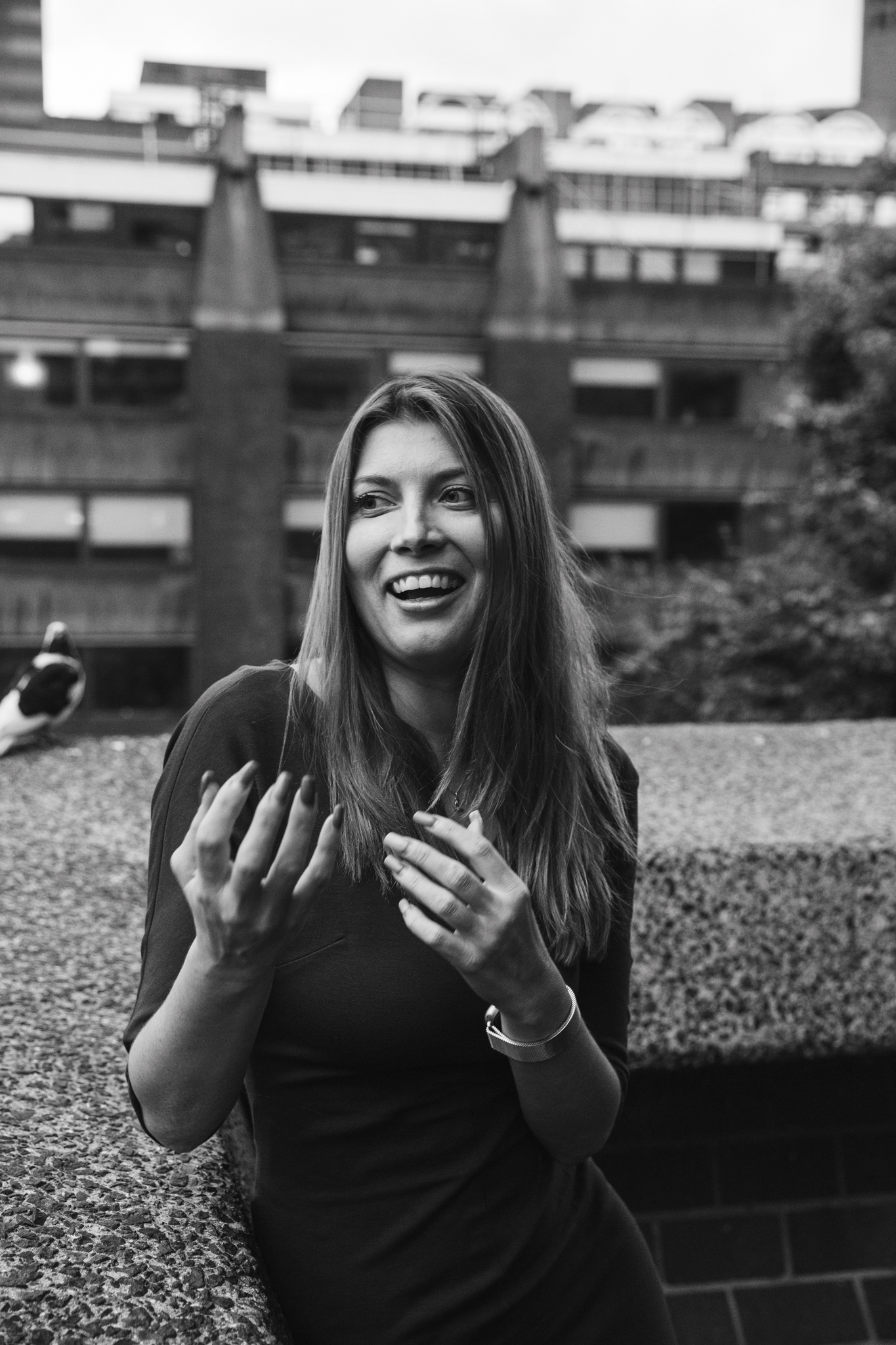
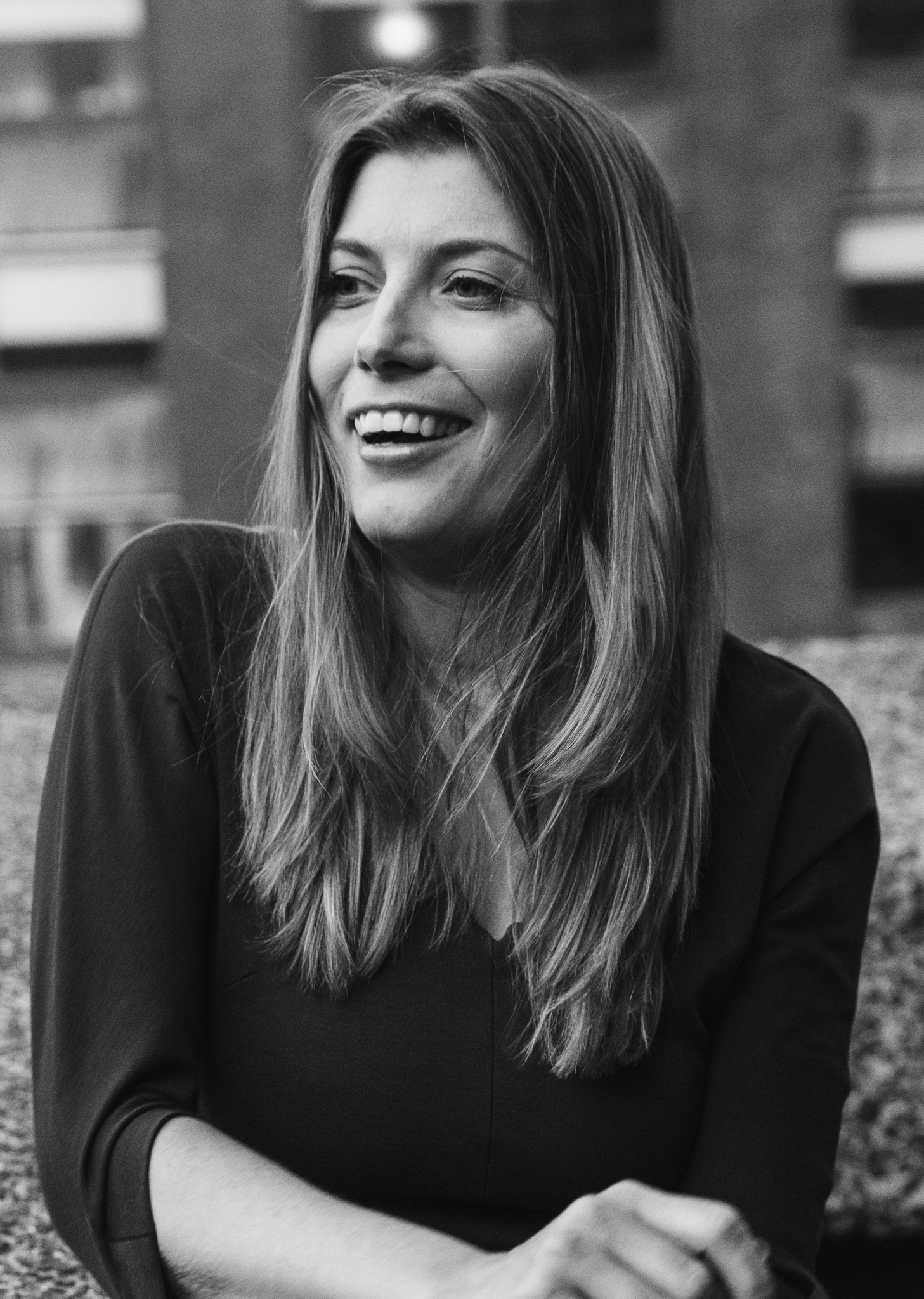
The Future in Britain
Yevheniia no longer plans to return to Ukraine. This is her fourth year building her life from scratch in Britain: business, education, herself, and her personal life. "To return to Ukraine and start this path of building everything from scratch again, I may not be ready. I'm a little older than 18. I honestly realize that I want to build my future here, finish university, and, of course, visit my native home in Ukraine, but I have no family left there." Her plans are to complete her British education, get a British passport, develop her business, possibly on an international level, and continue her social work, helping Ukrainians. She wants Ukrainians here "not to feel like strangers, not to feel useless, not to feel lonely and not to feel alone, because we are not alone. There are 52 million of us, as was once said on channel 1+1. We are a powerful nation that must unite for a new future." This is one of the goals of the Ukrainian Educational Hub in Britain—to give Ukrainians strength, support, and inspiration, to show them that they are not alone and that "anything is possible, because we are Ukrainians, we are strong; if he or she could do it, then I can too."
University education has become a key part of her adaptation. After an unsuccessful attempt to enroll in university in September 2023, when she was expelled (due to an excess of students), she didn't give up. She opened an educational company with partners and enrolled at the University of Greenwich in January 2024. She is now in her second year studying business management and is going into her third year of a bachelor's degree. Her studies have helped her better understand English, speak and write, negotiate with the British, and develop the Hub by better understanding the British mentality. In addition, Yevheniia has opened her own visa agency with Ukrainian partners, which deals with visas for Canada, the USA, China, and Great Britain. She continues to study at university and simultaneously manages the Ukrainian Educational Hub in Britain. Despite the difficult burnout she experienced last year, she is now returning to herself. And she is on the move again: with faith and big plans, she continues to create her story.
